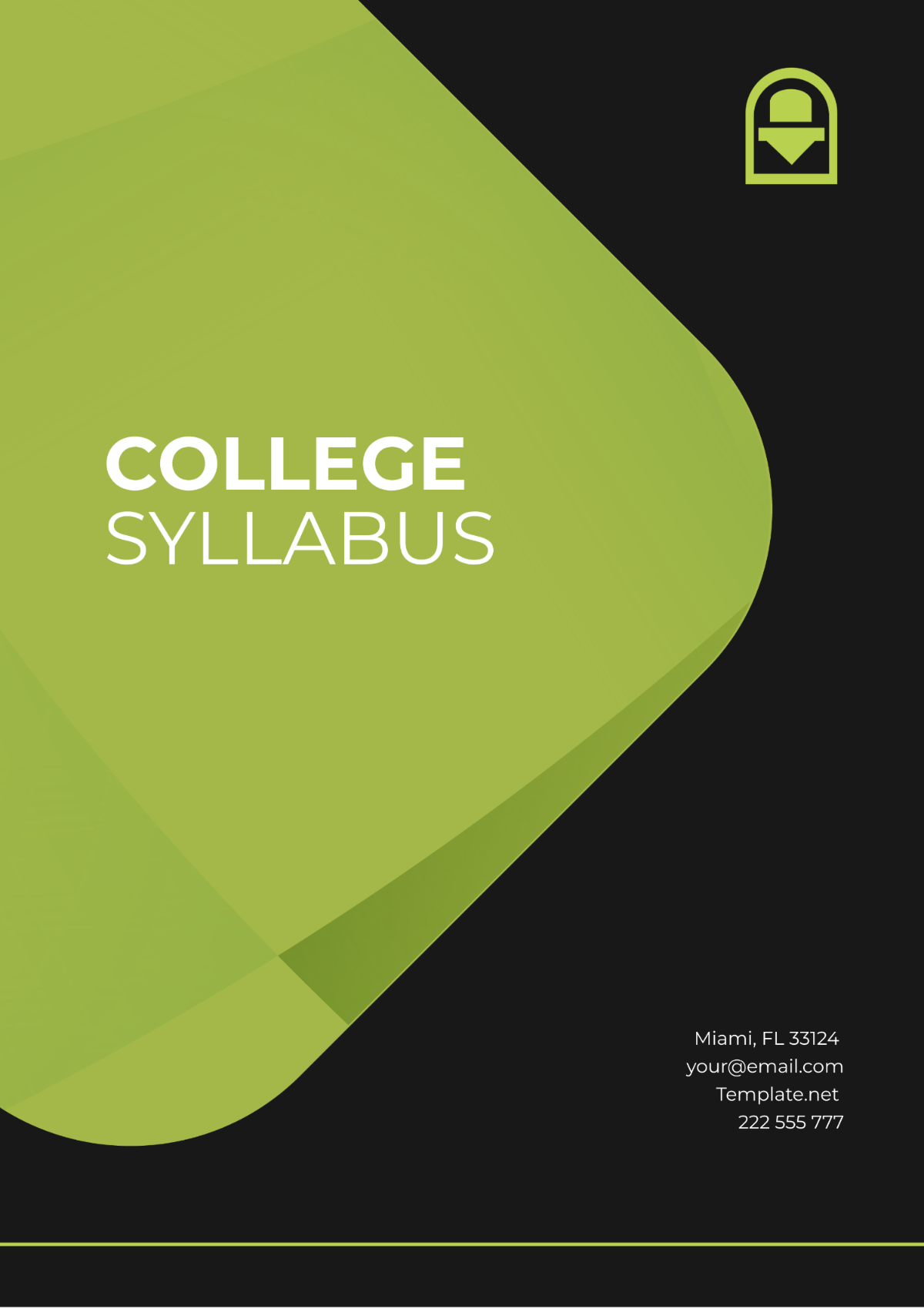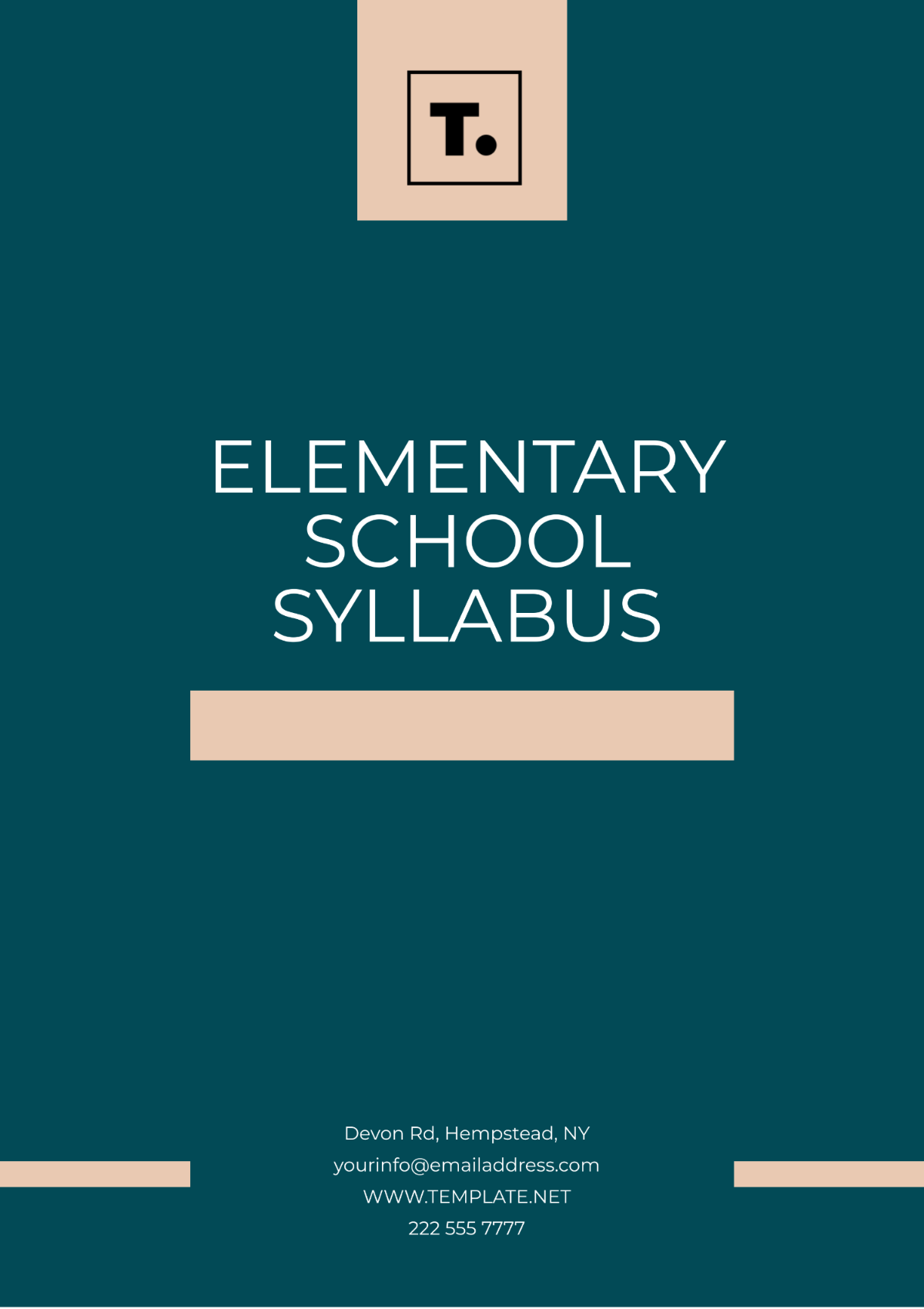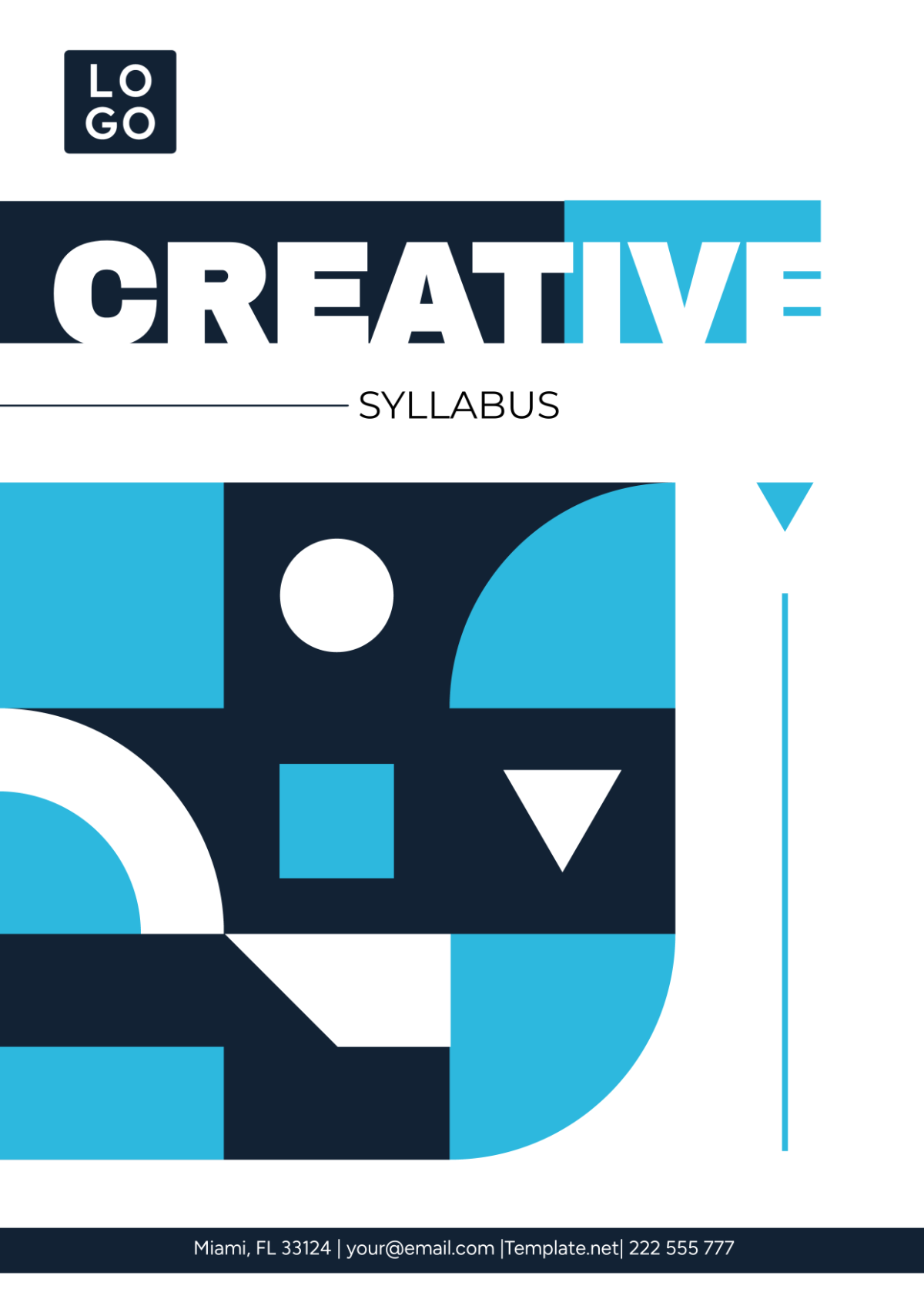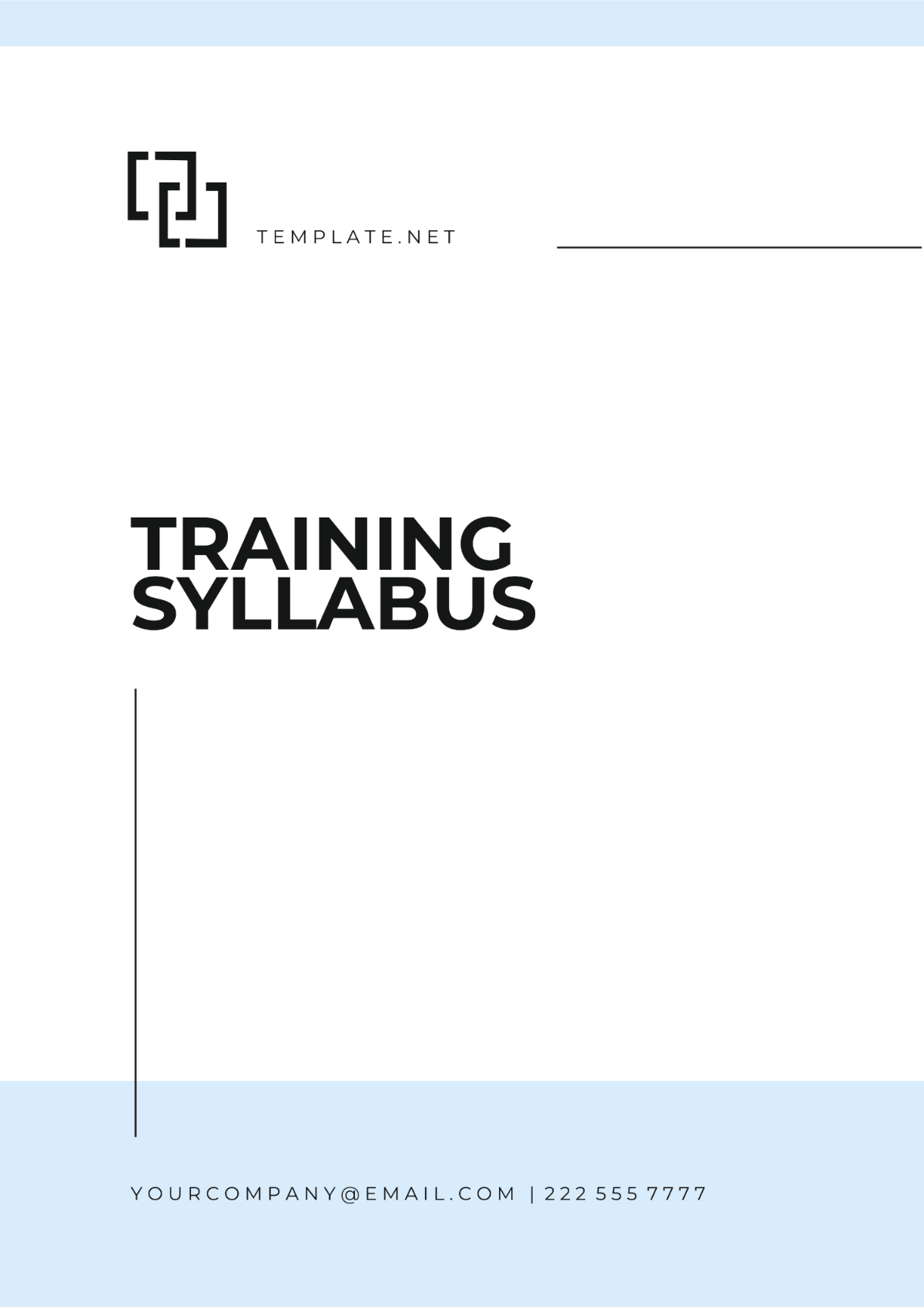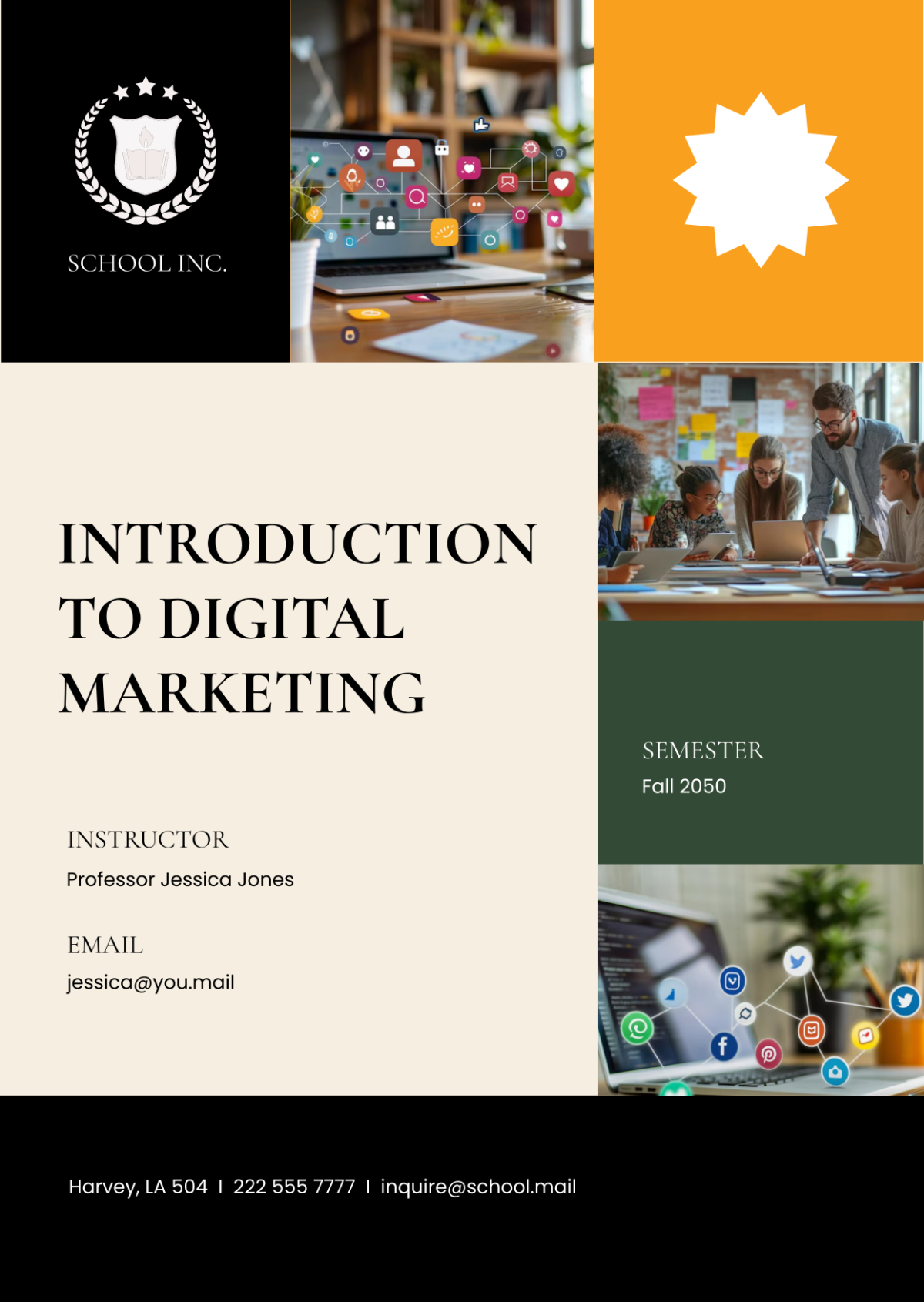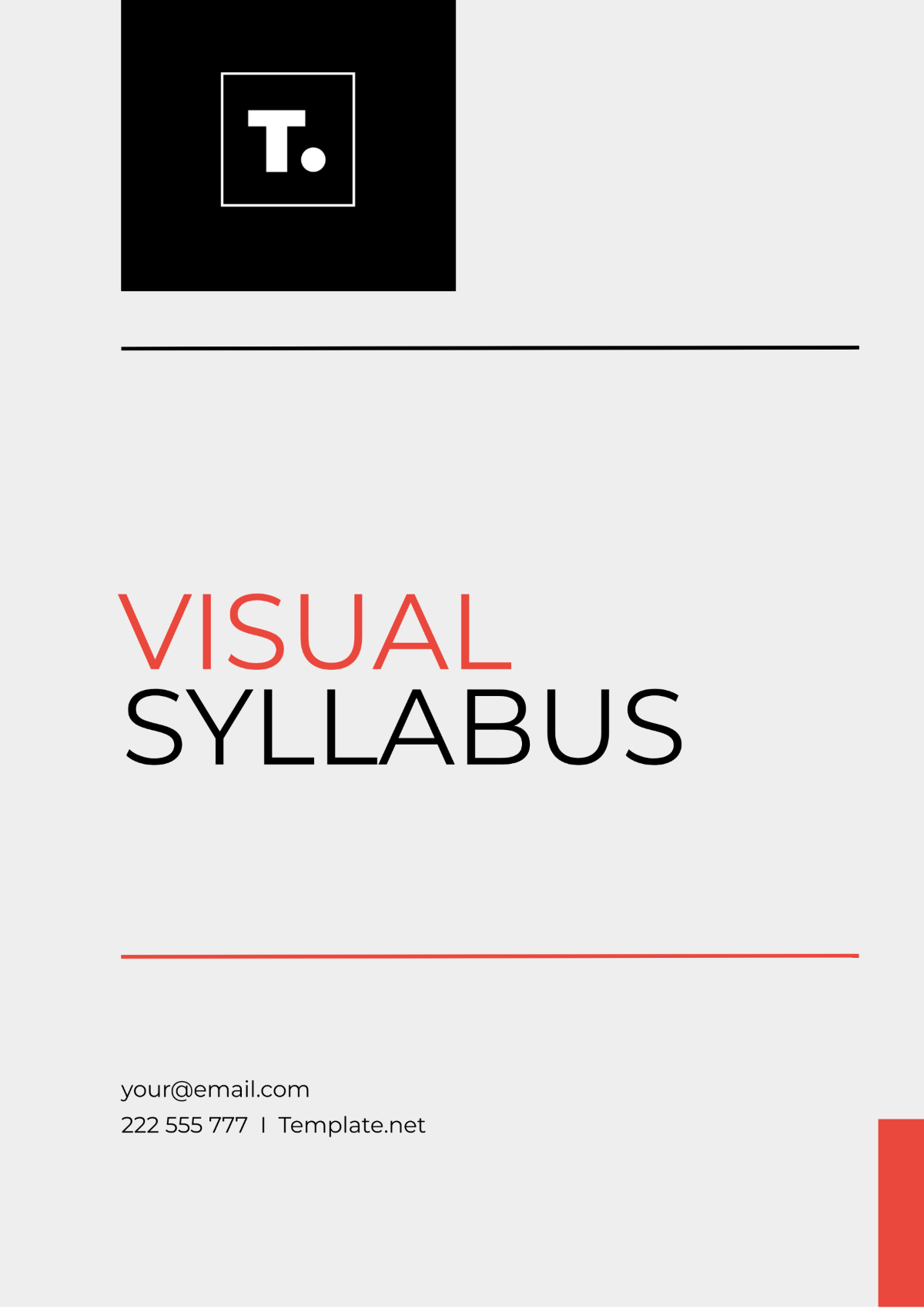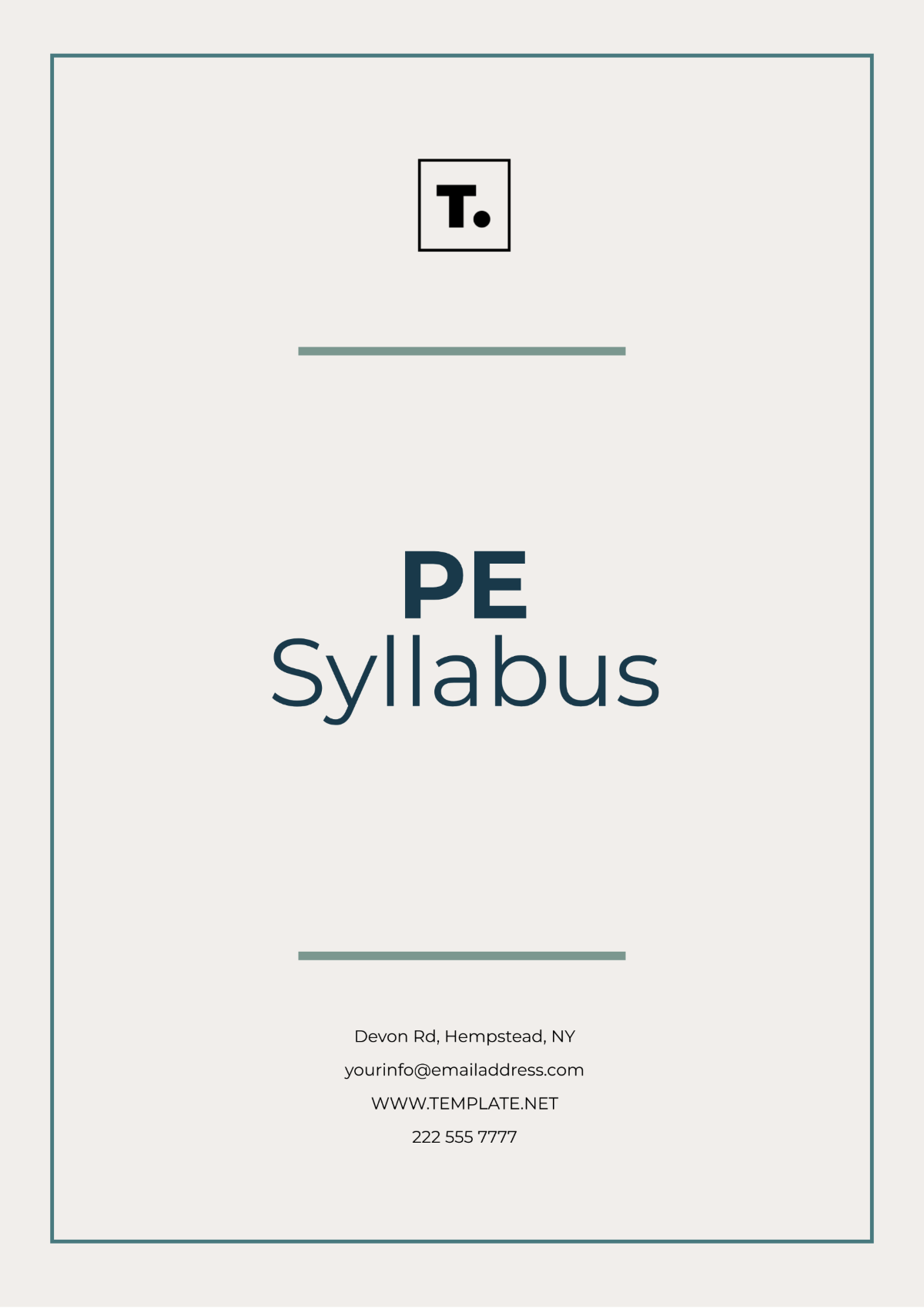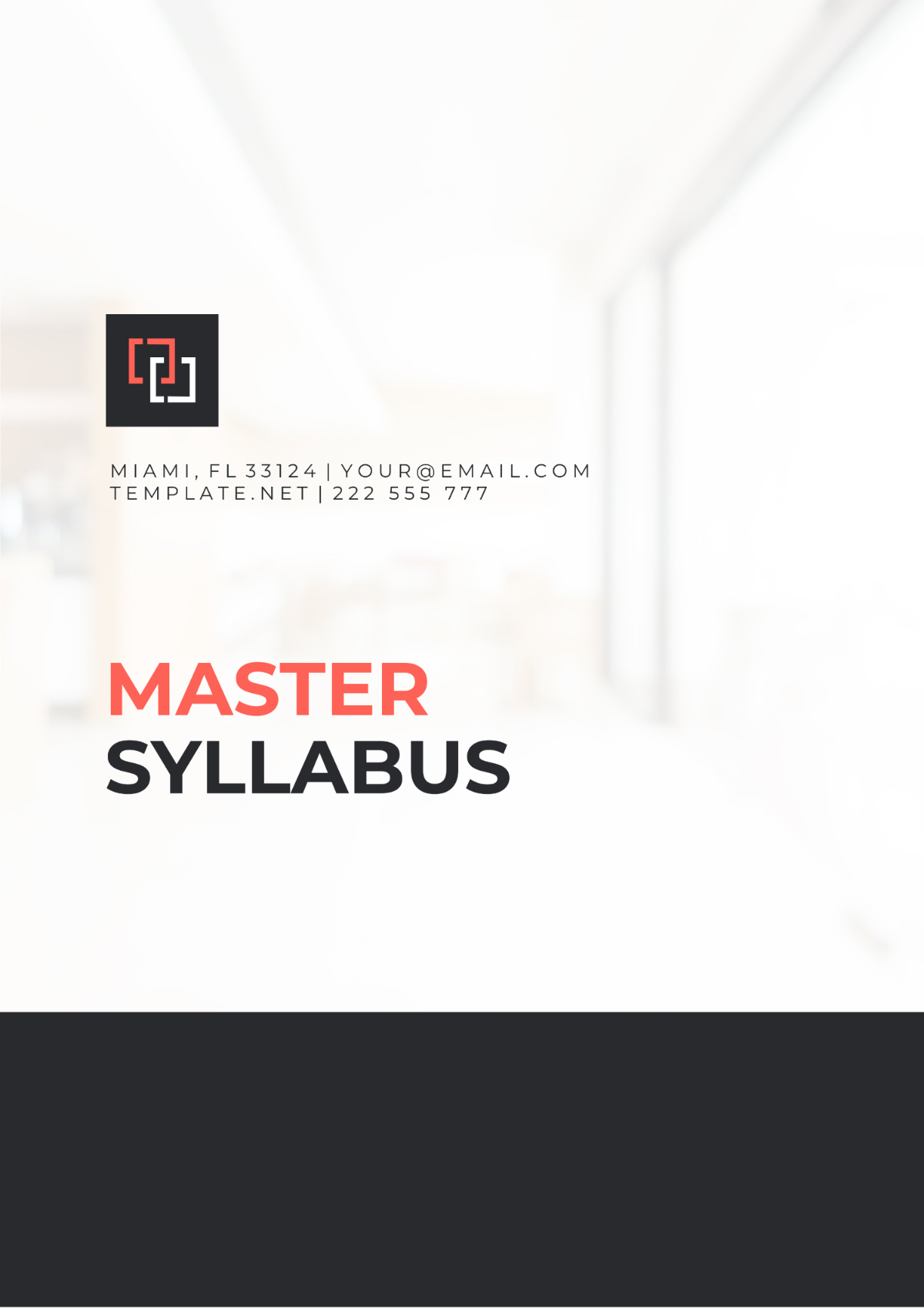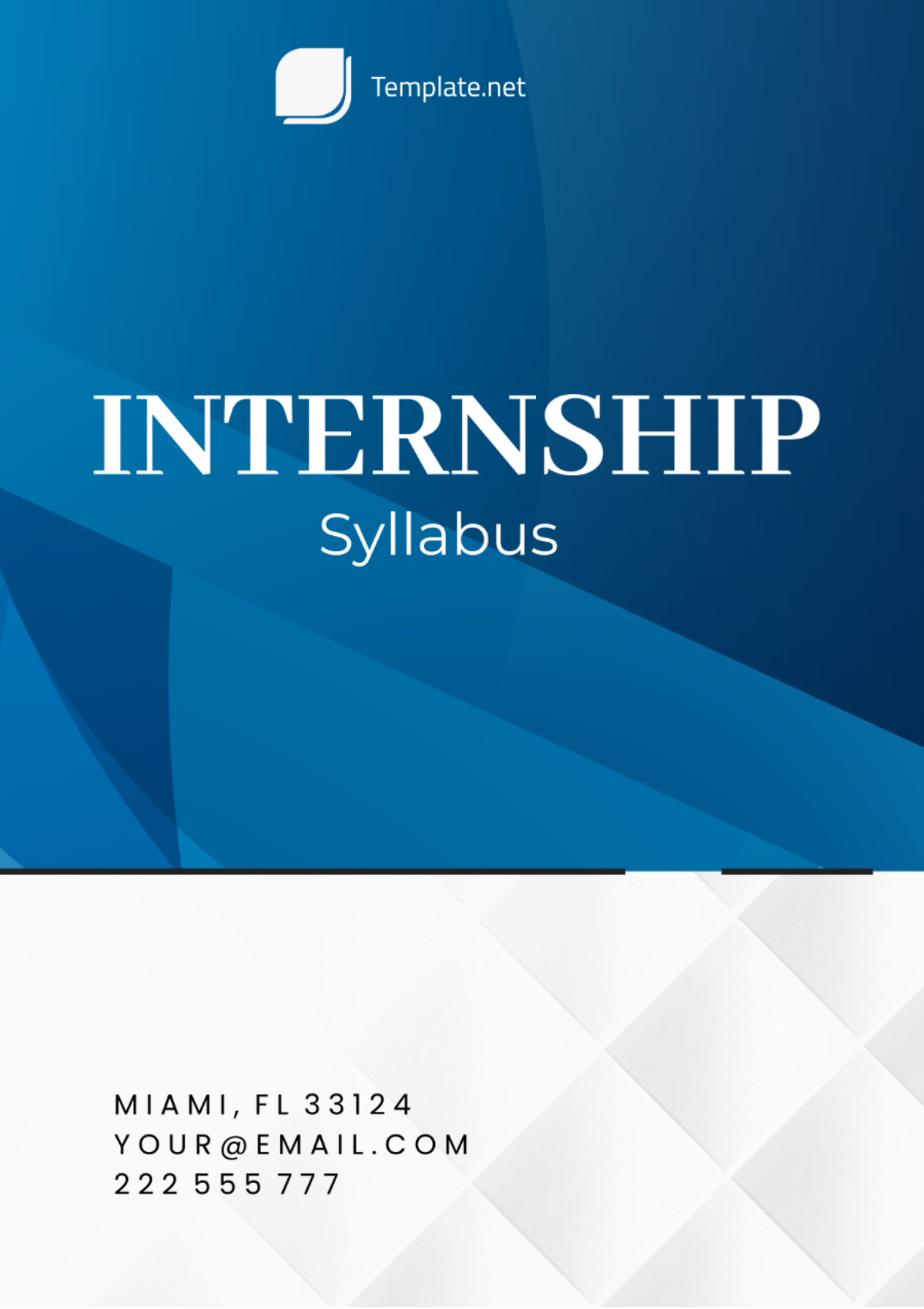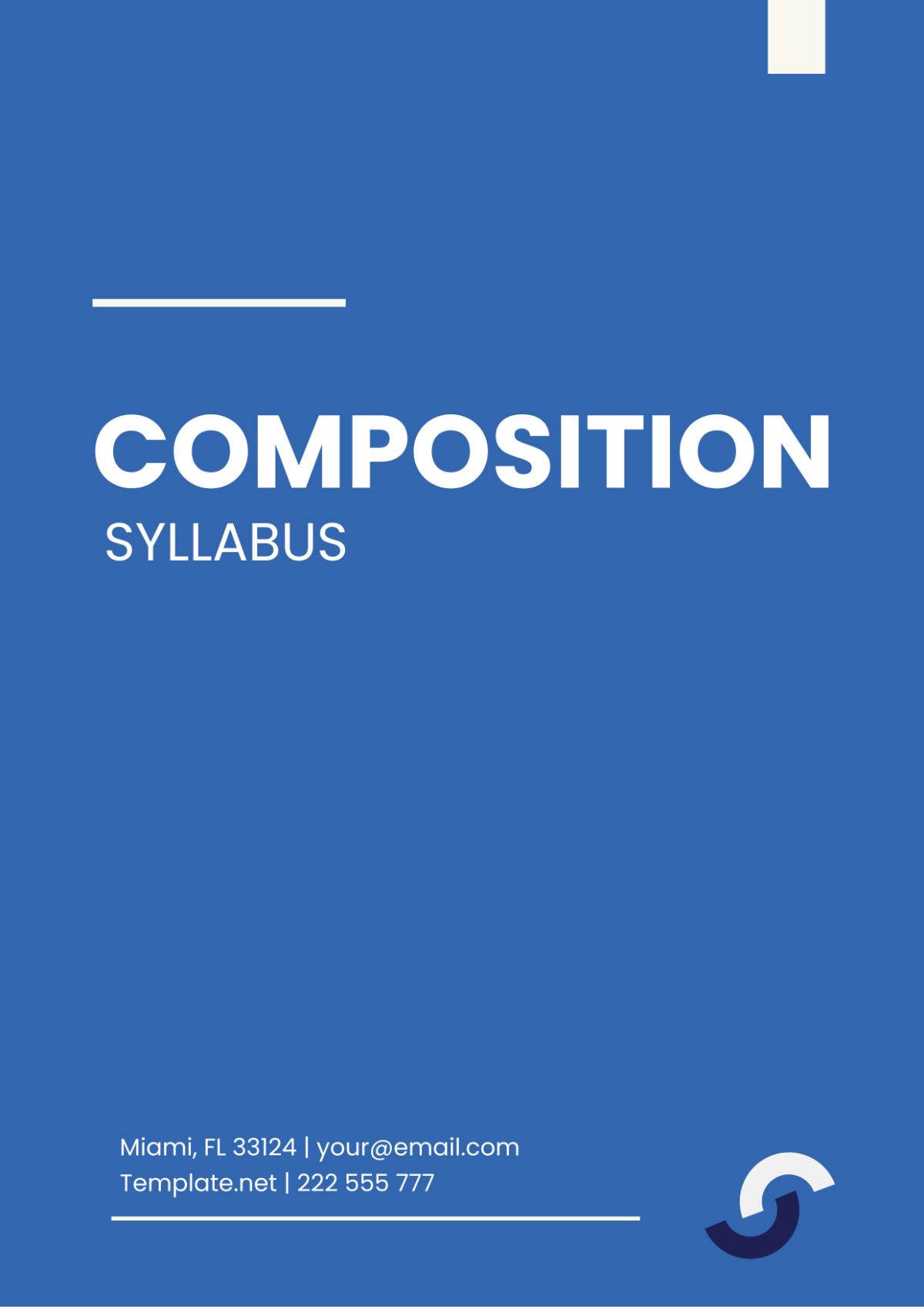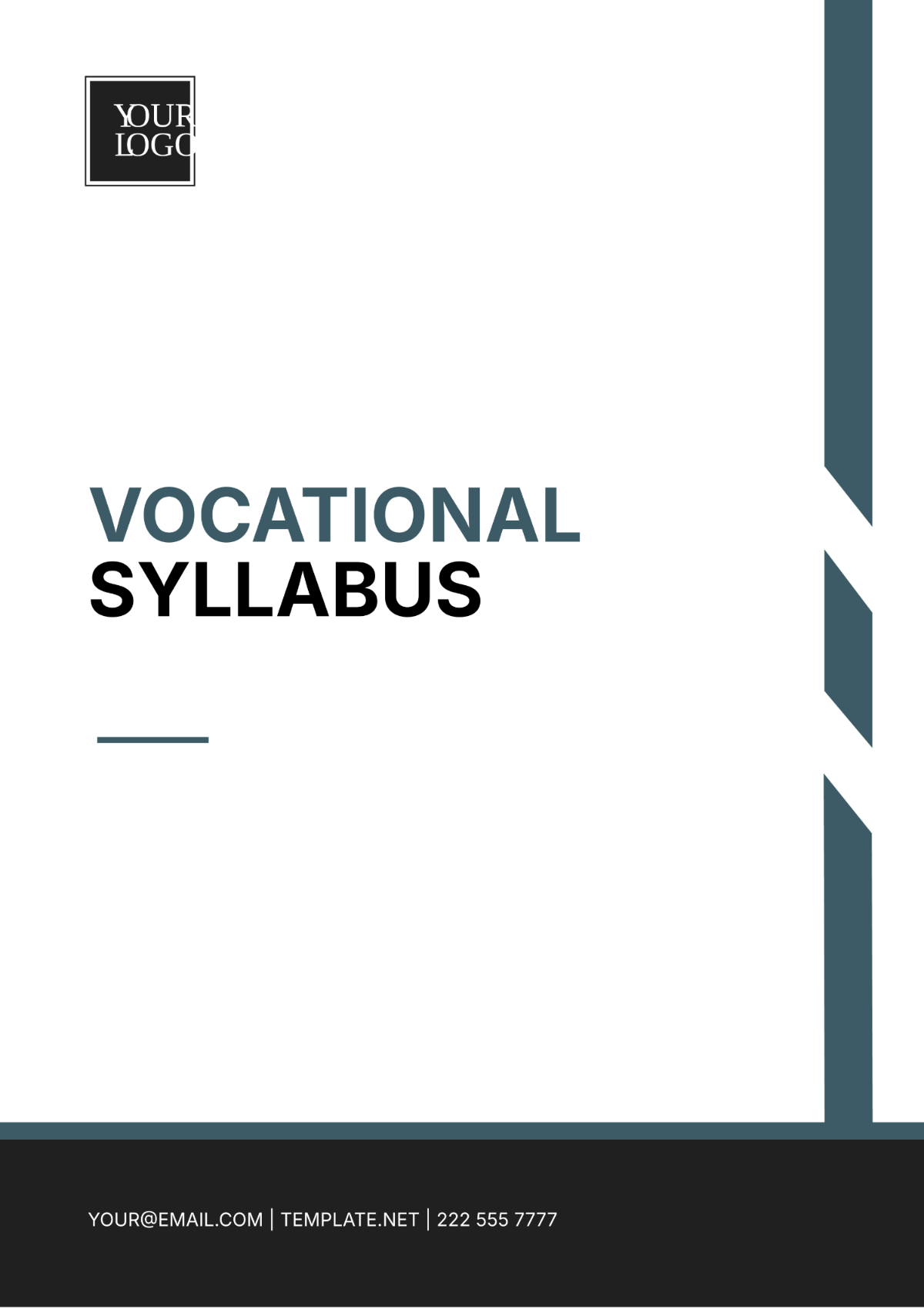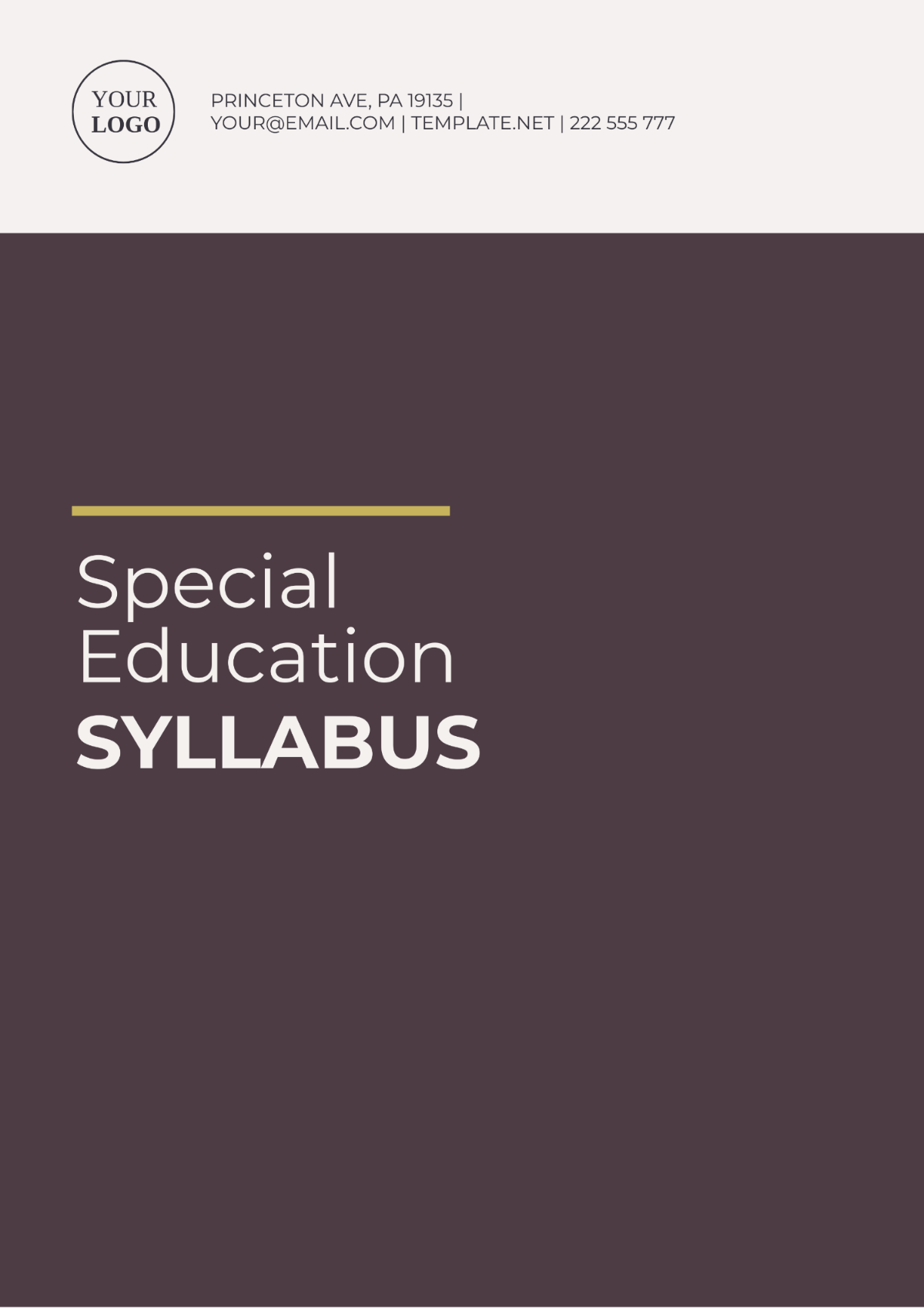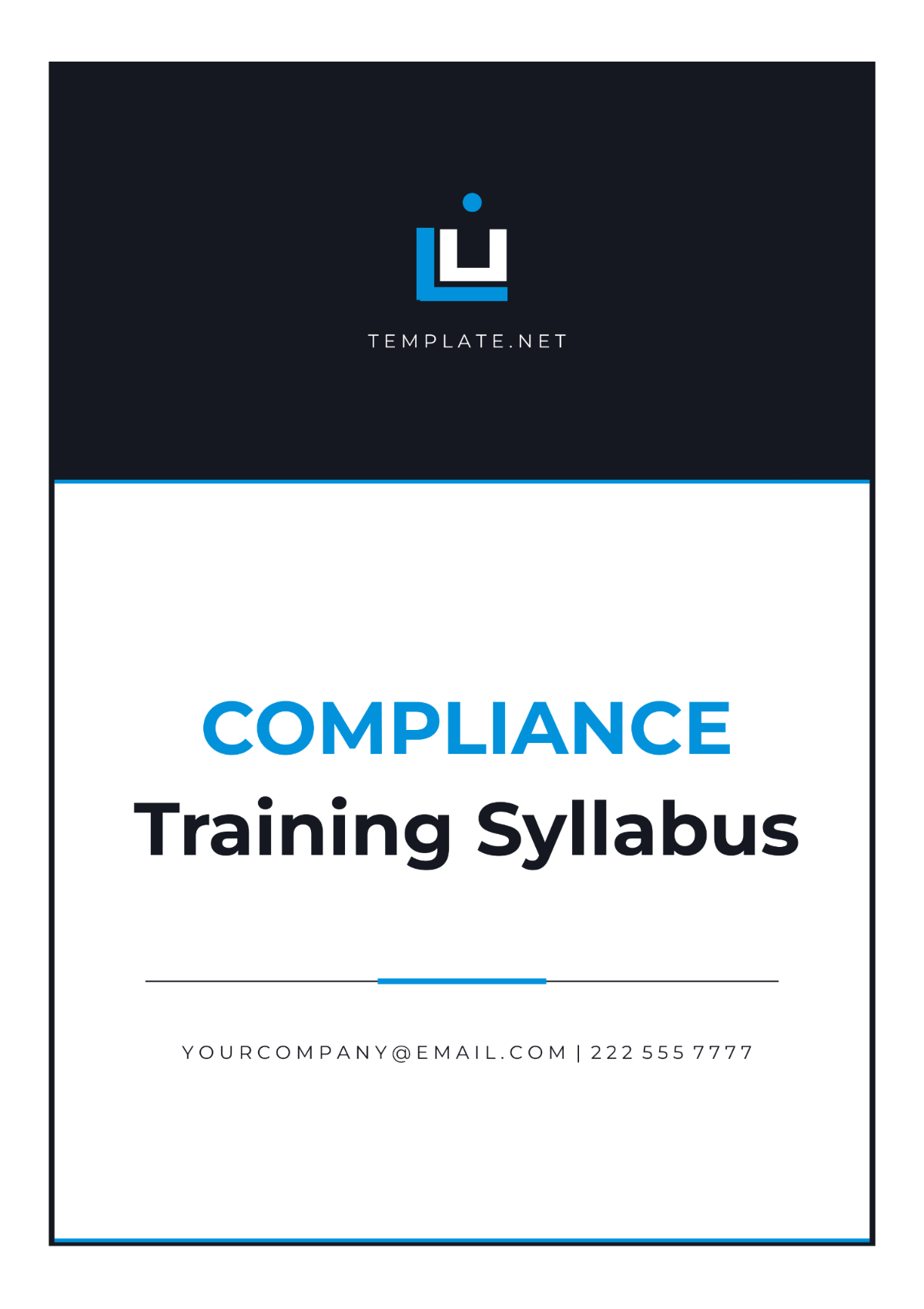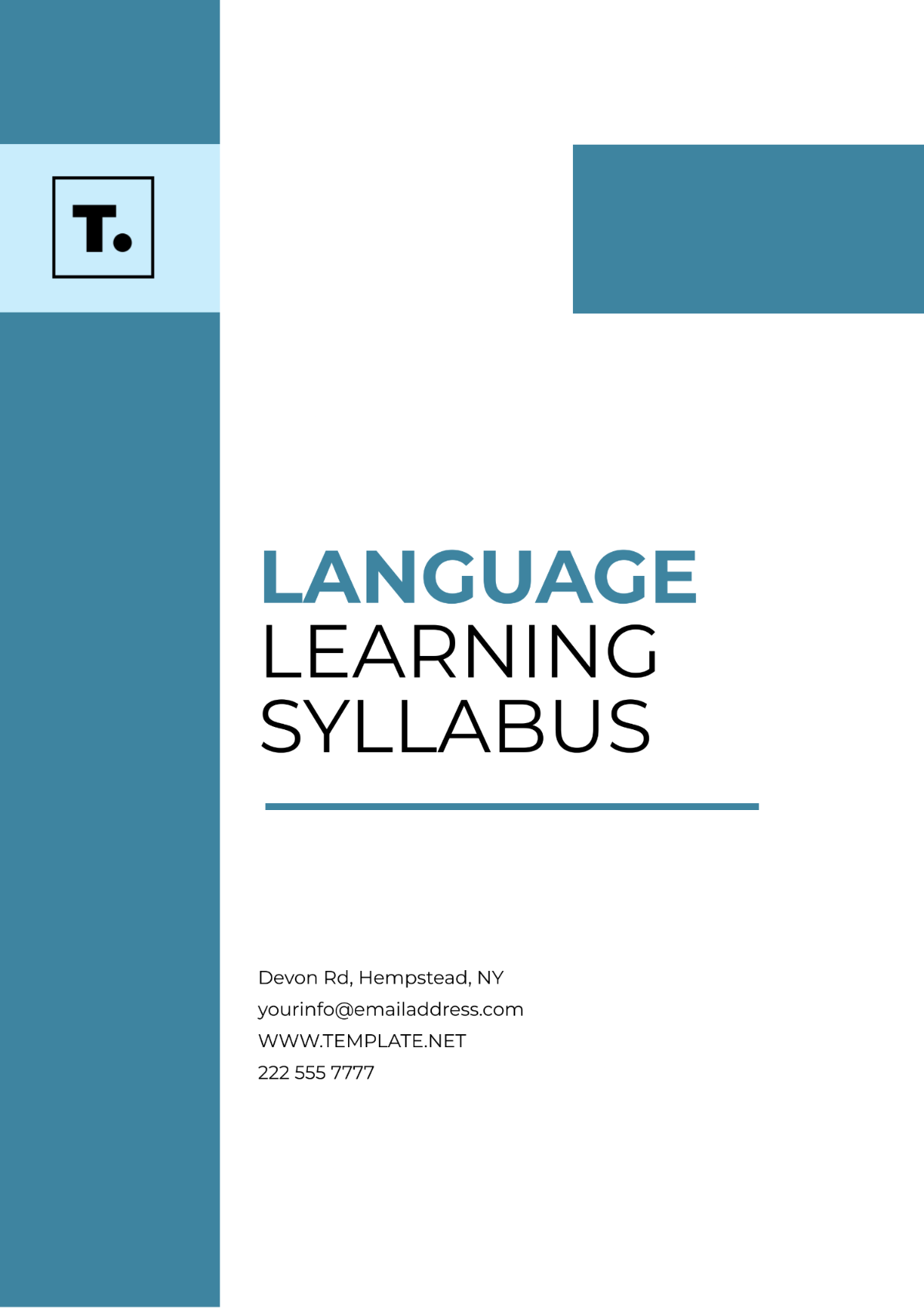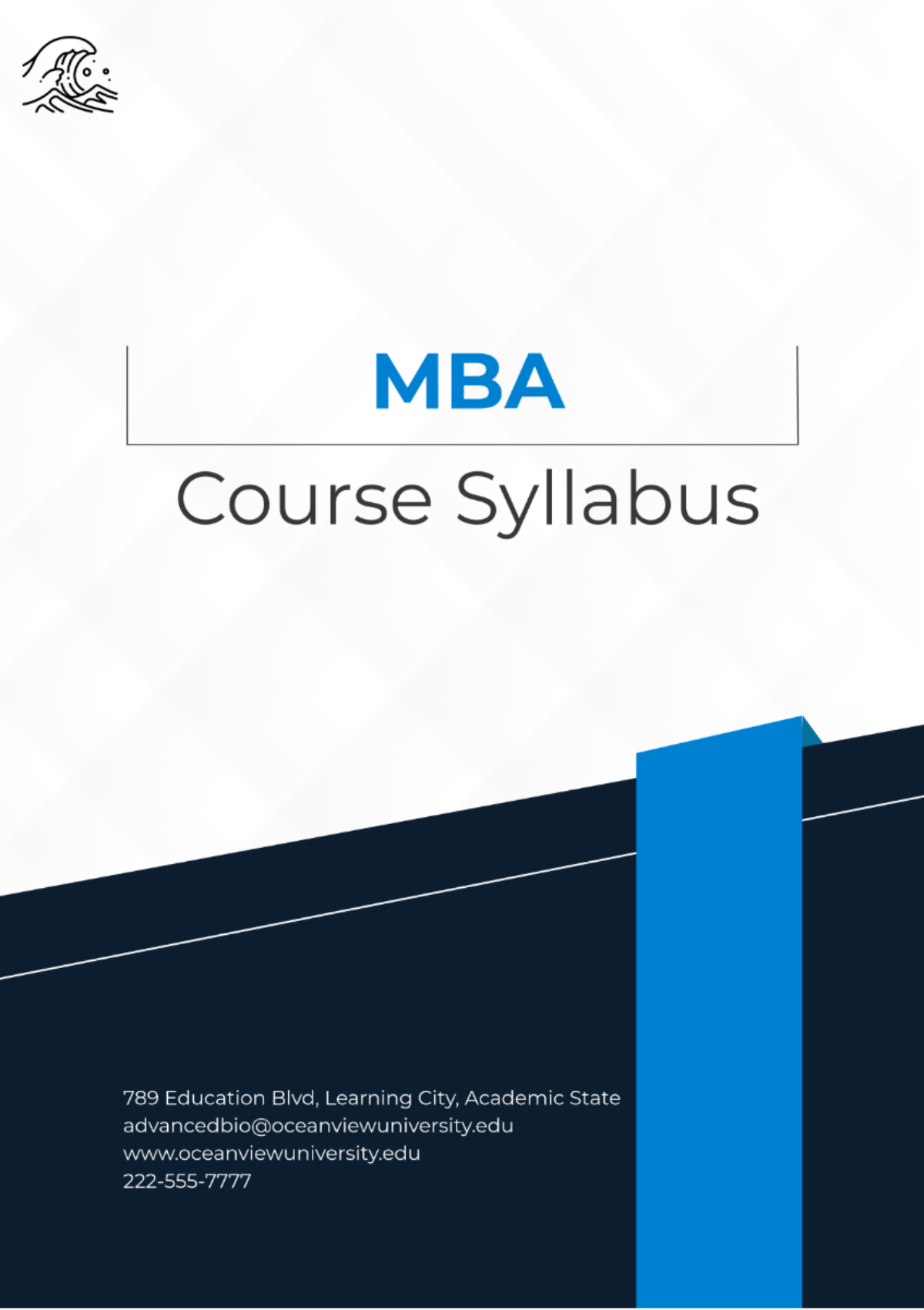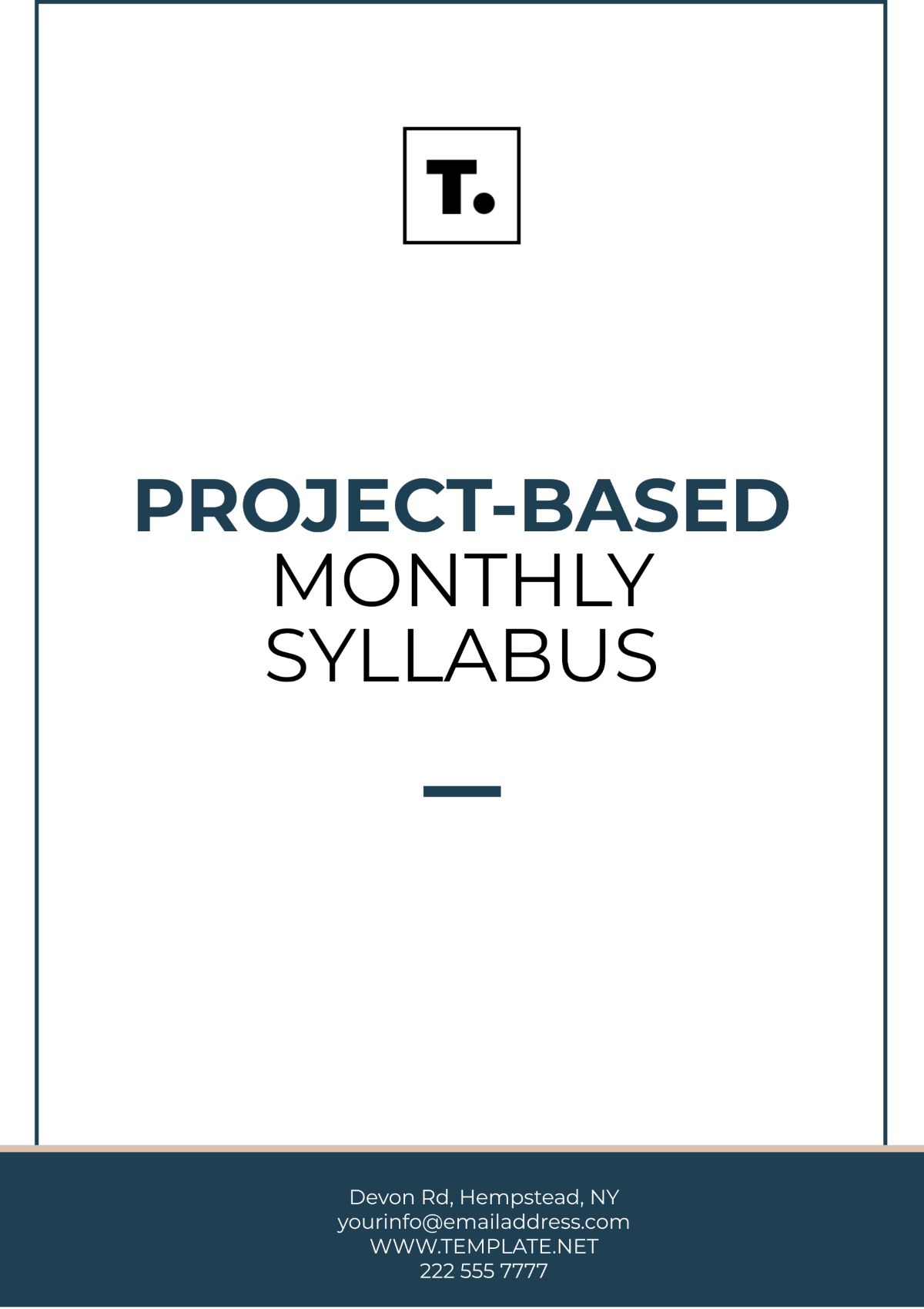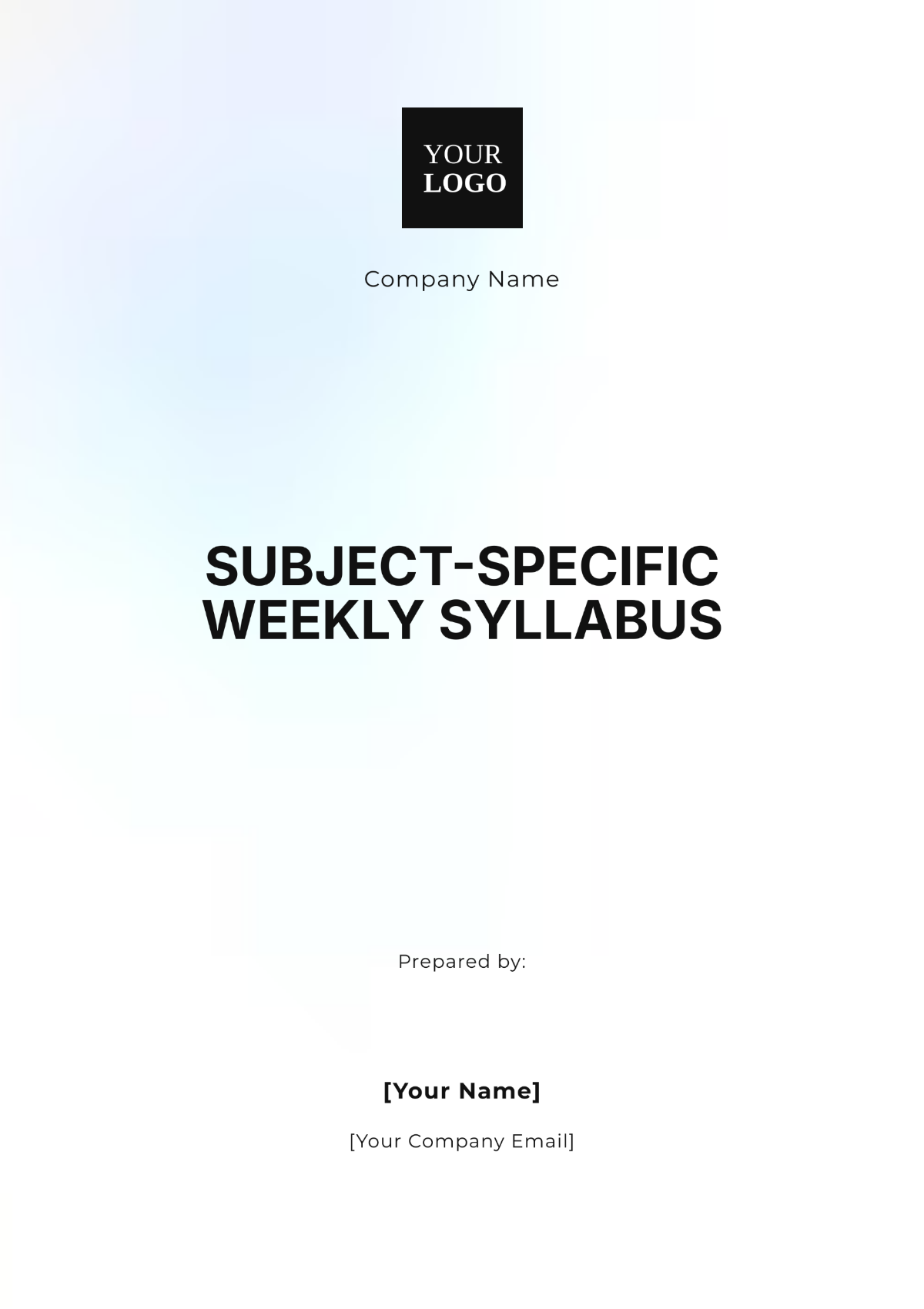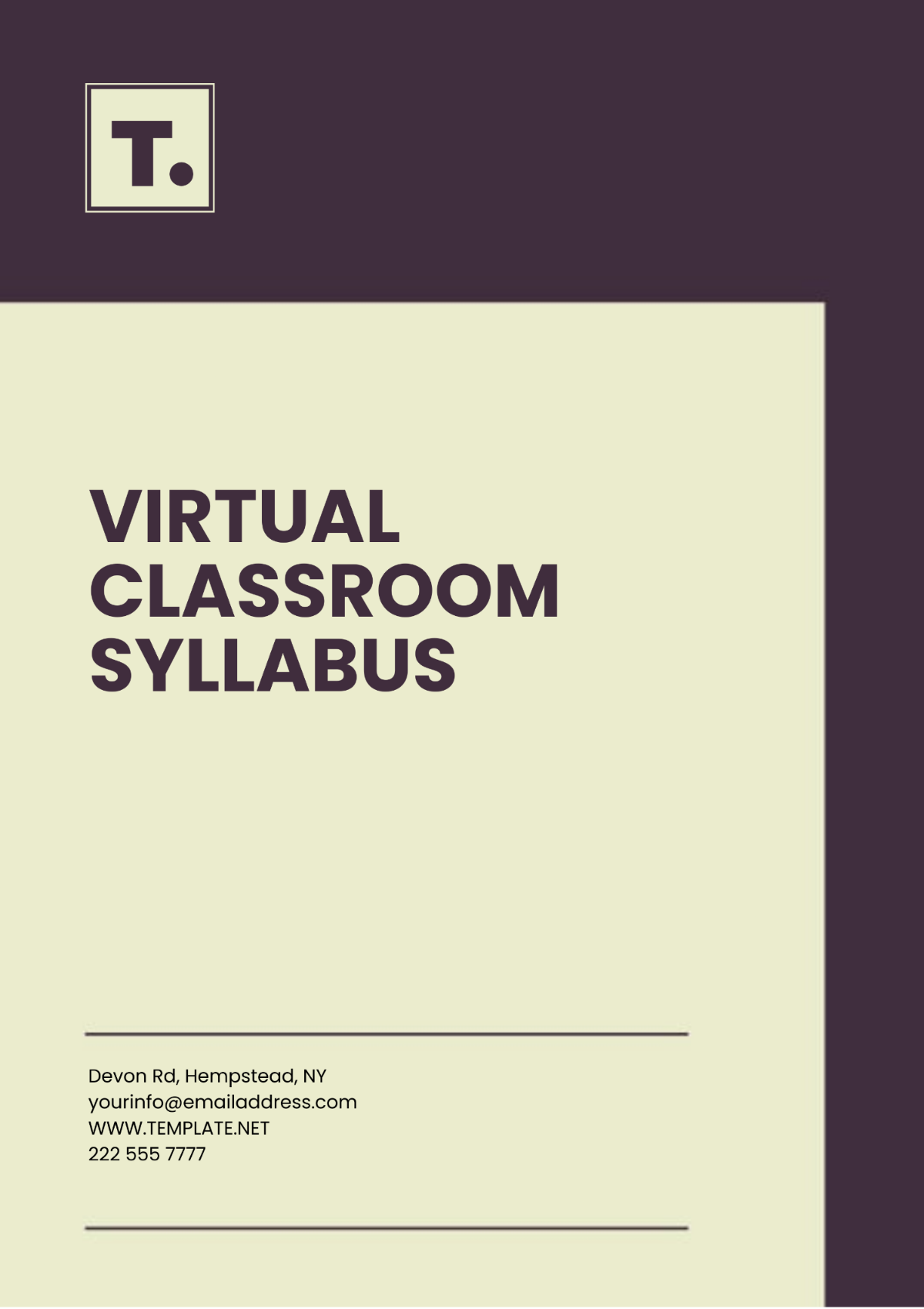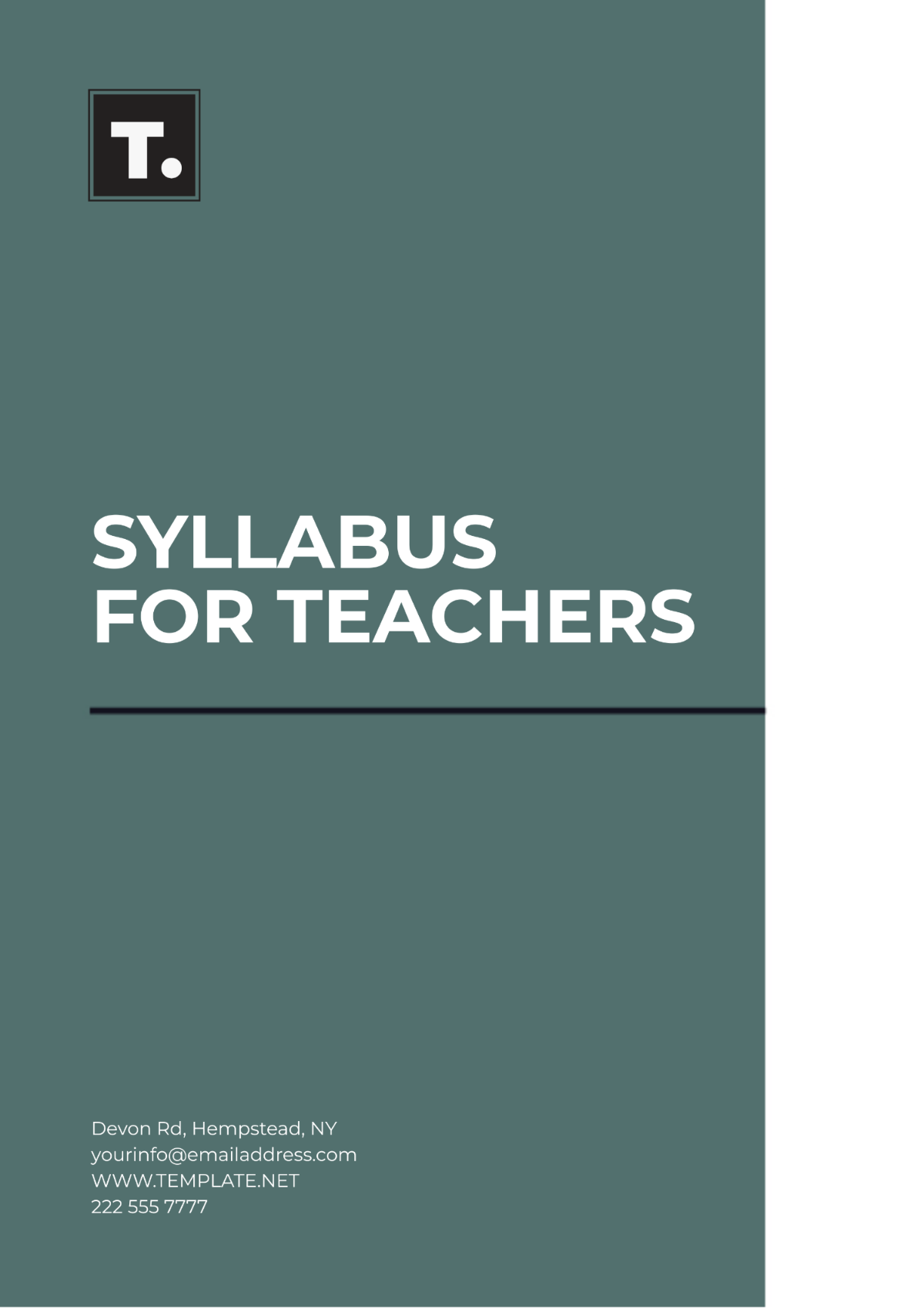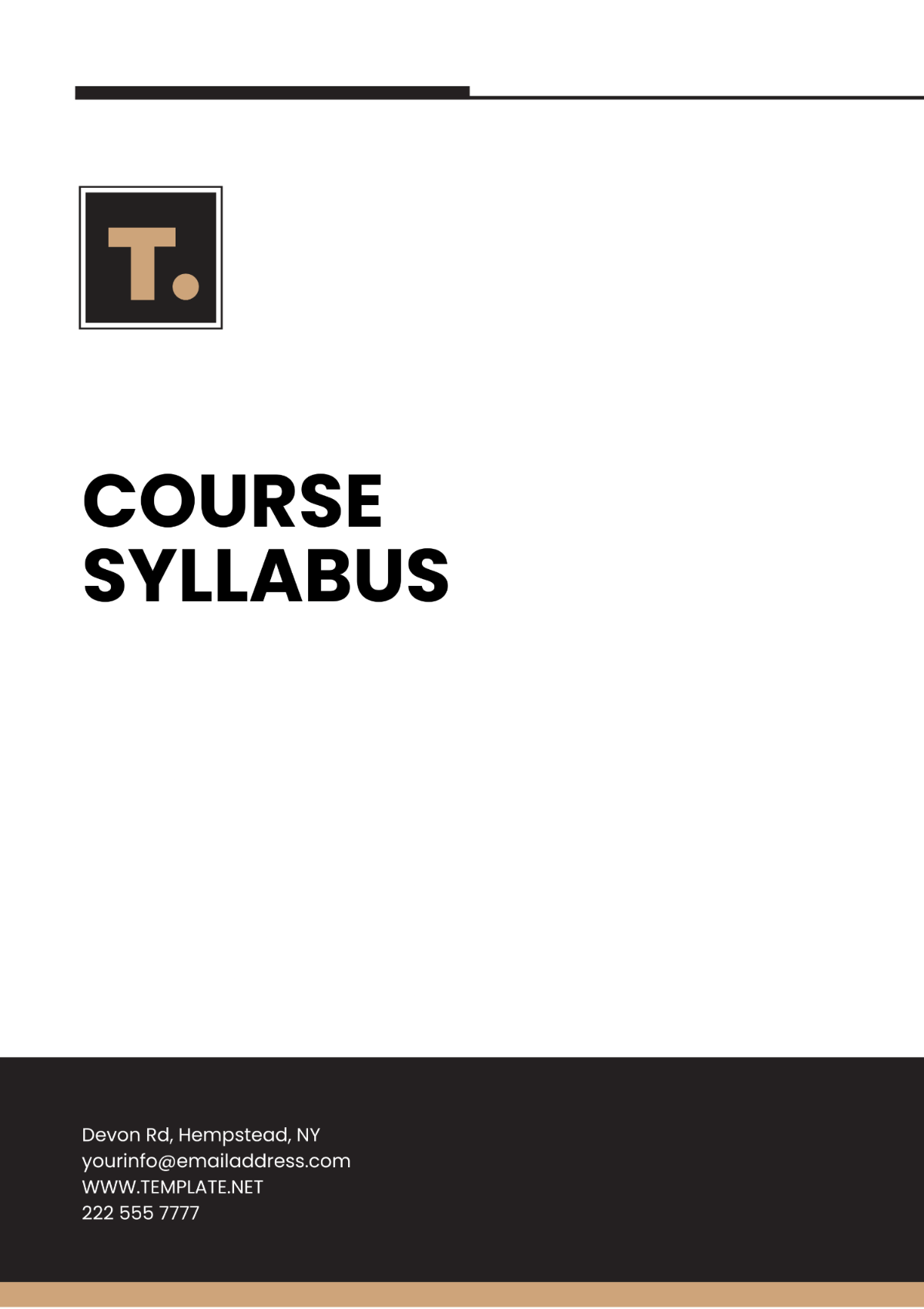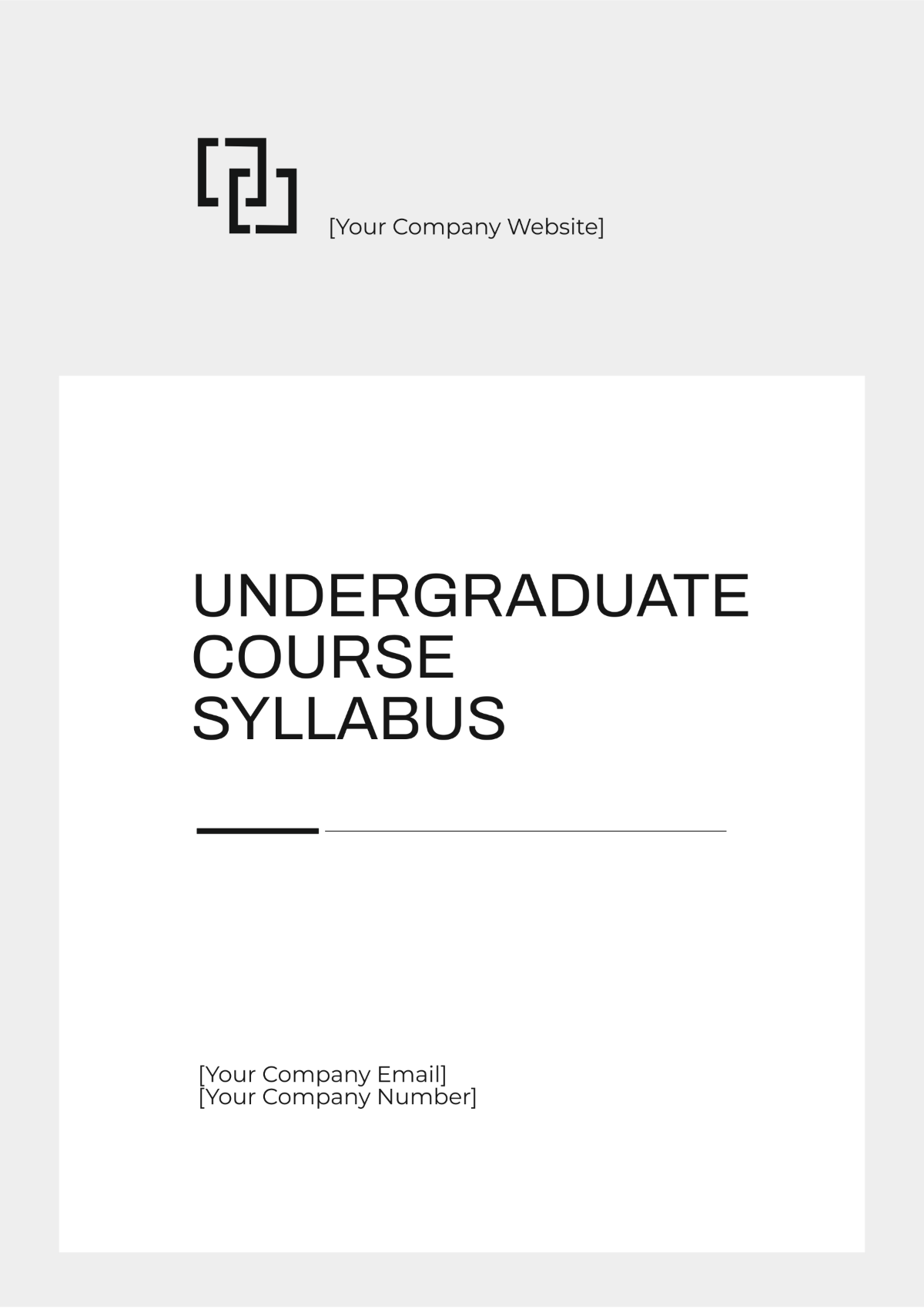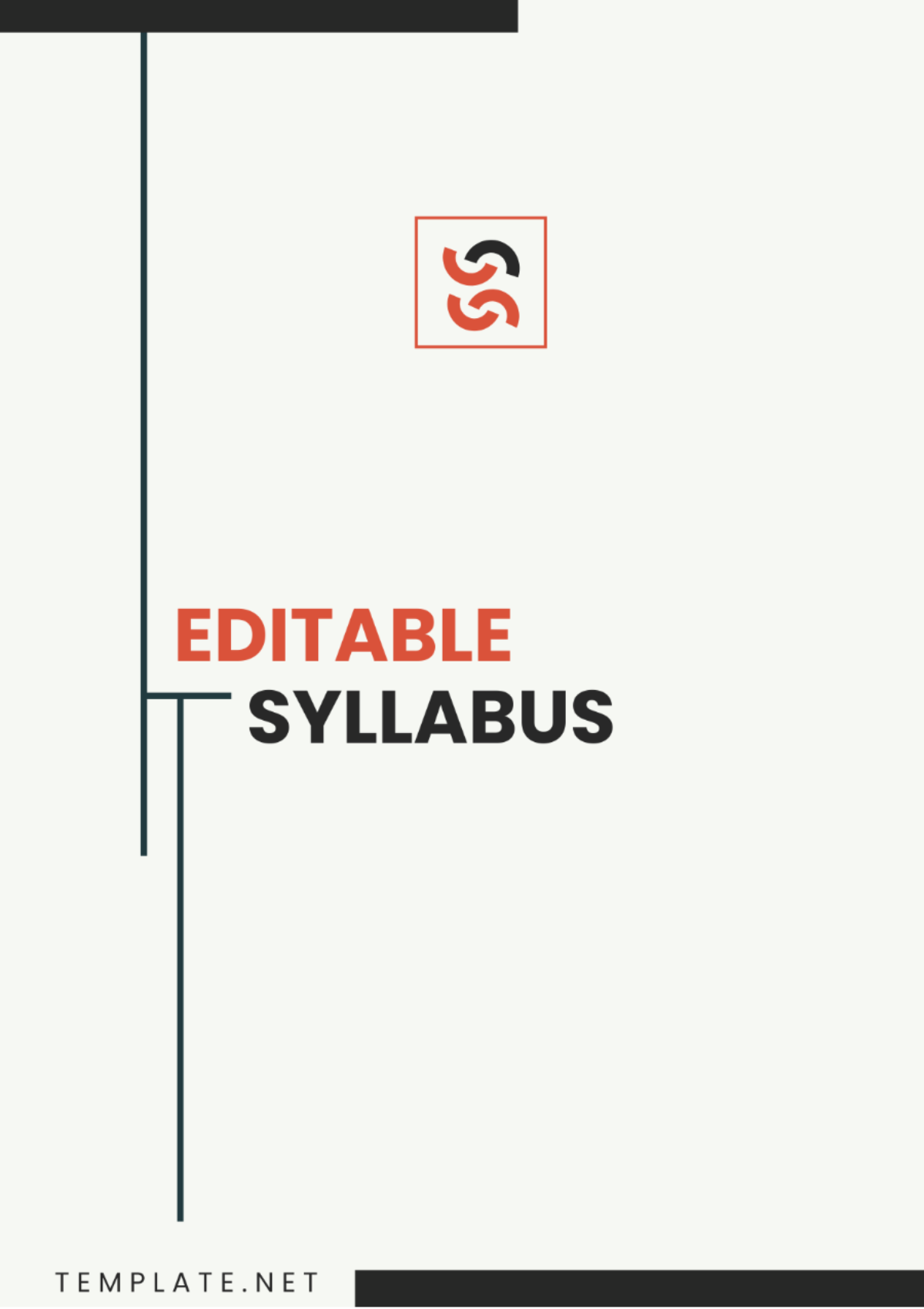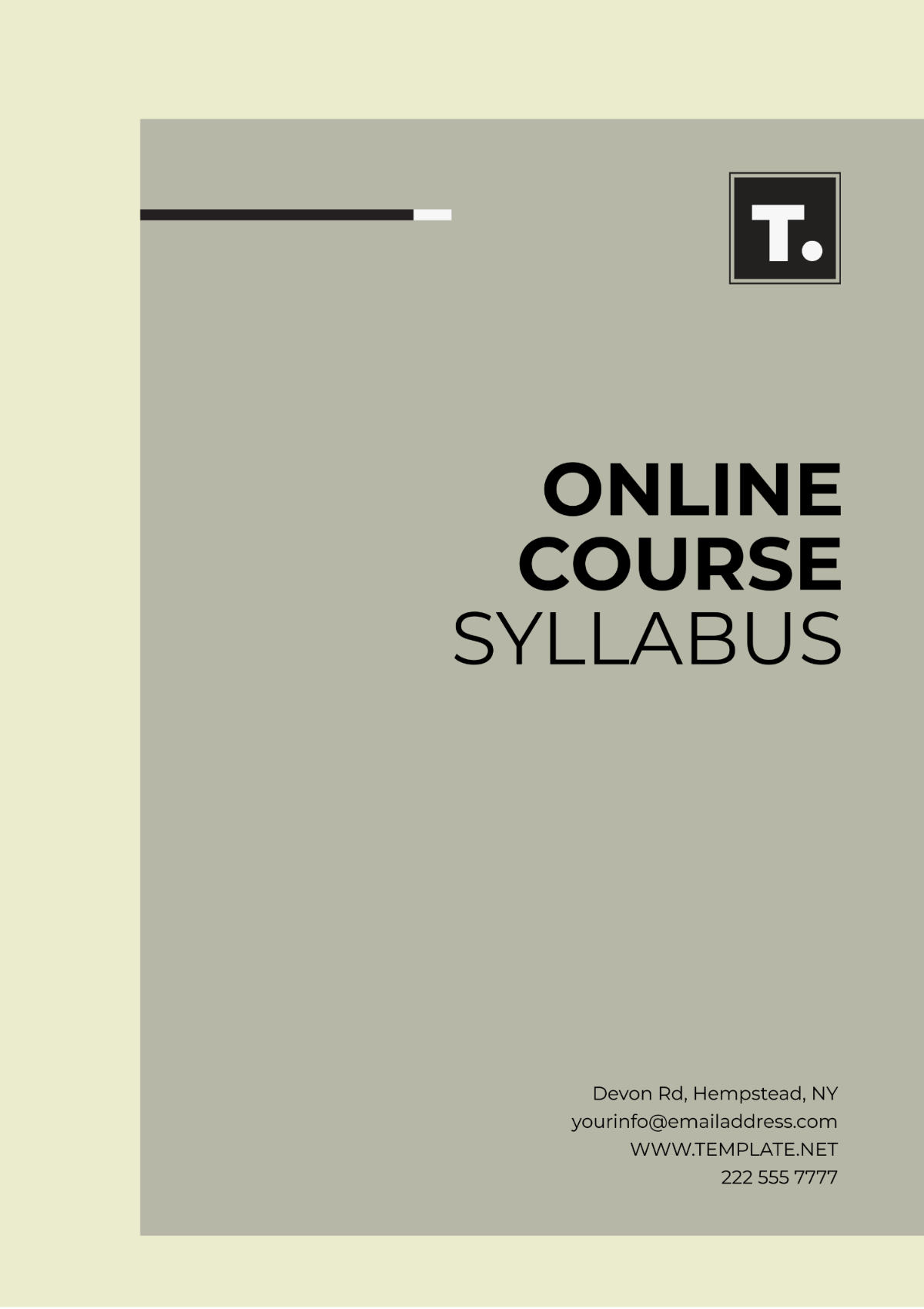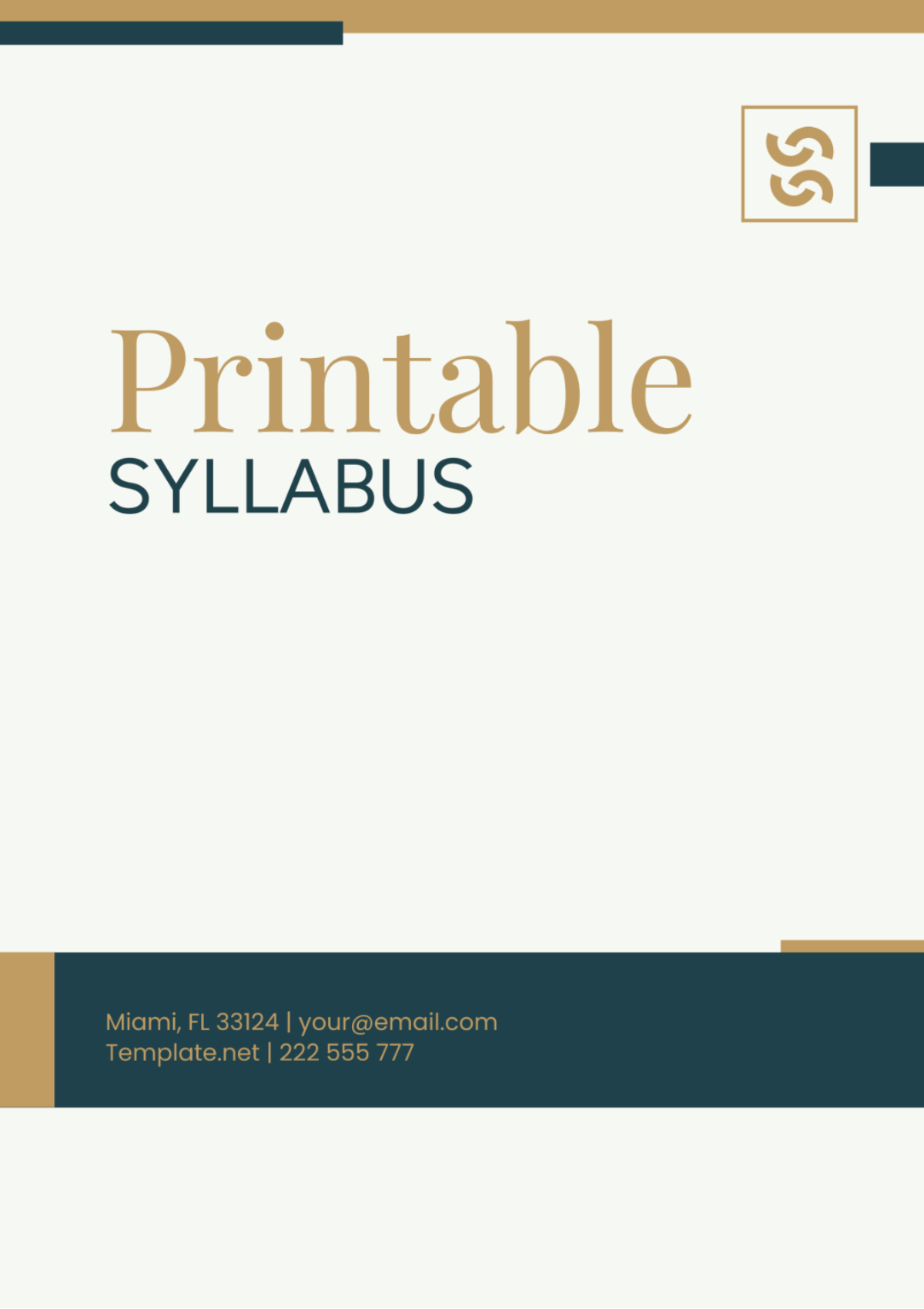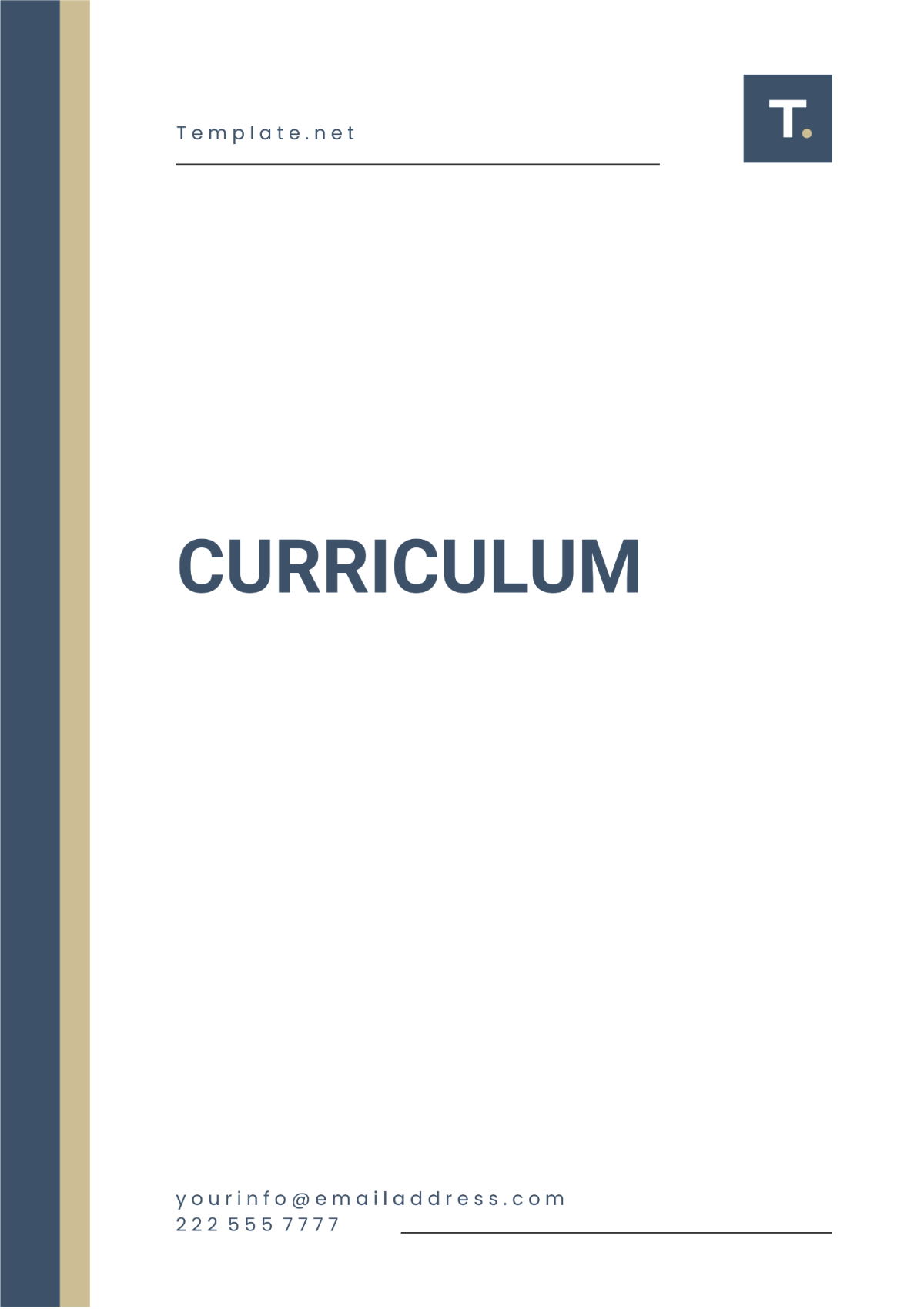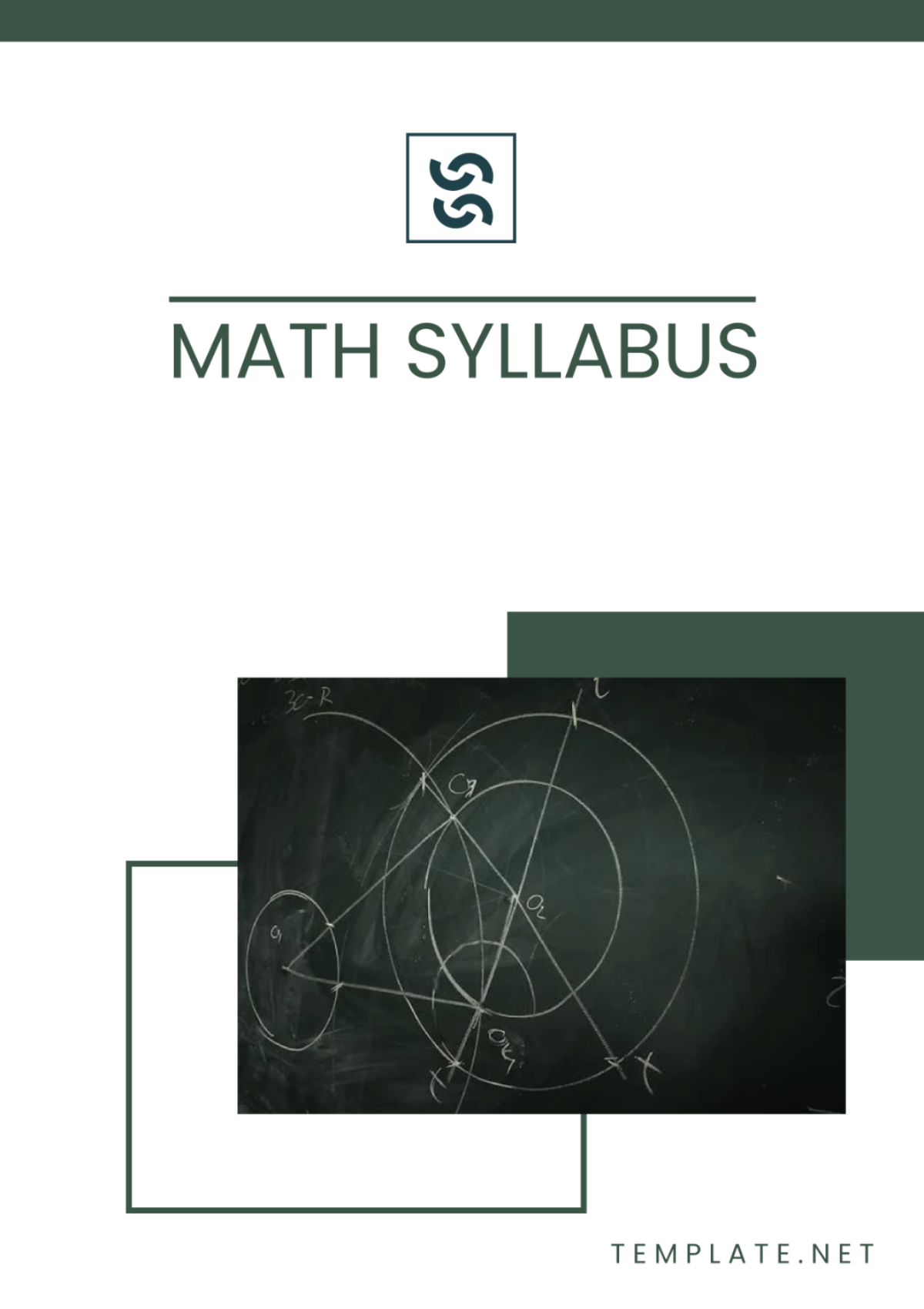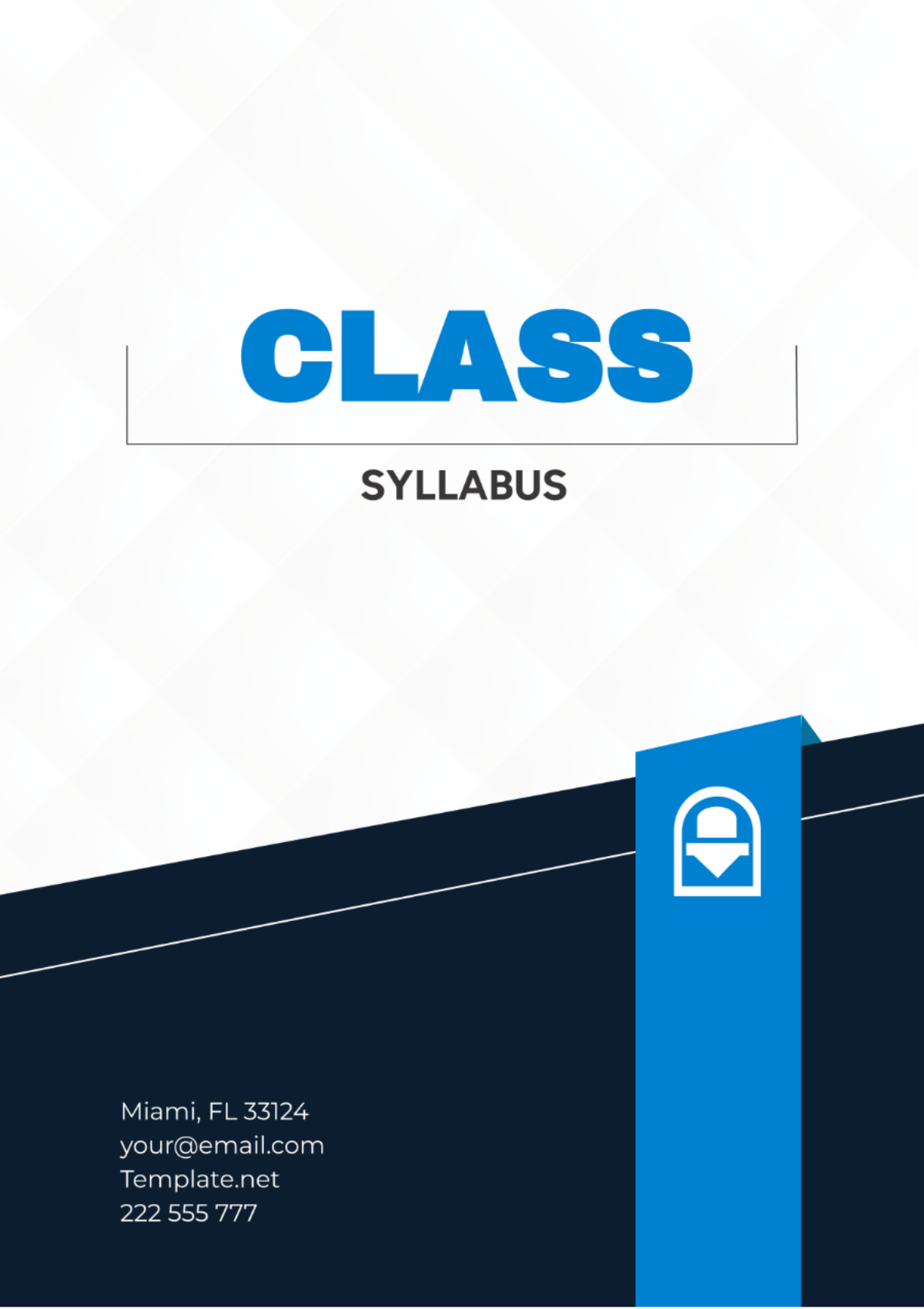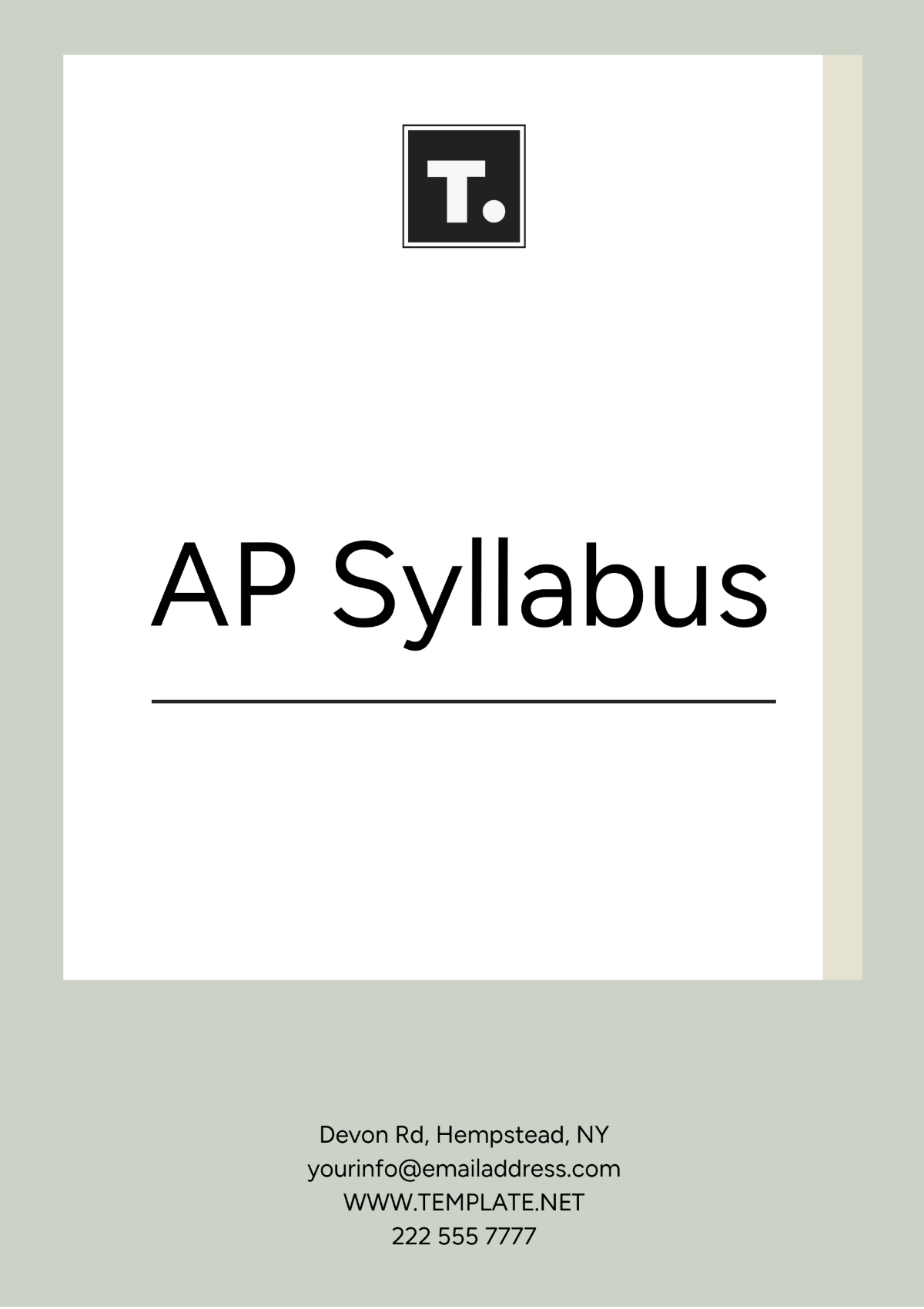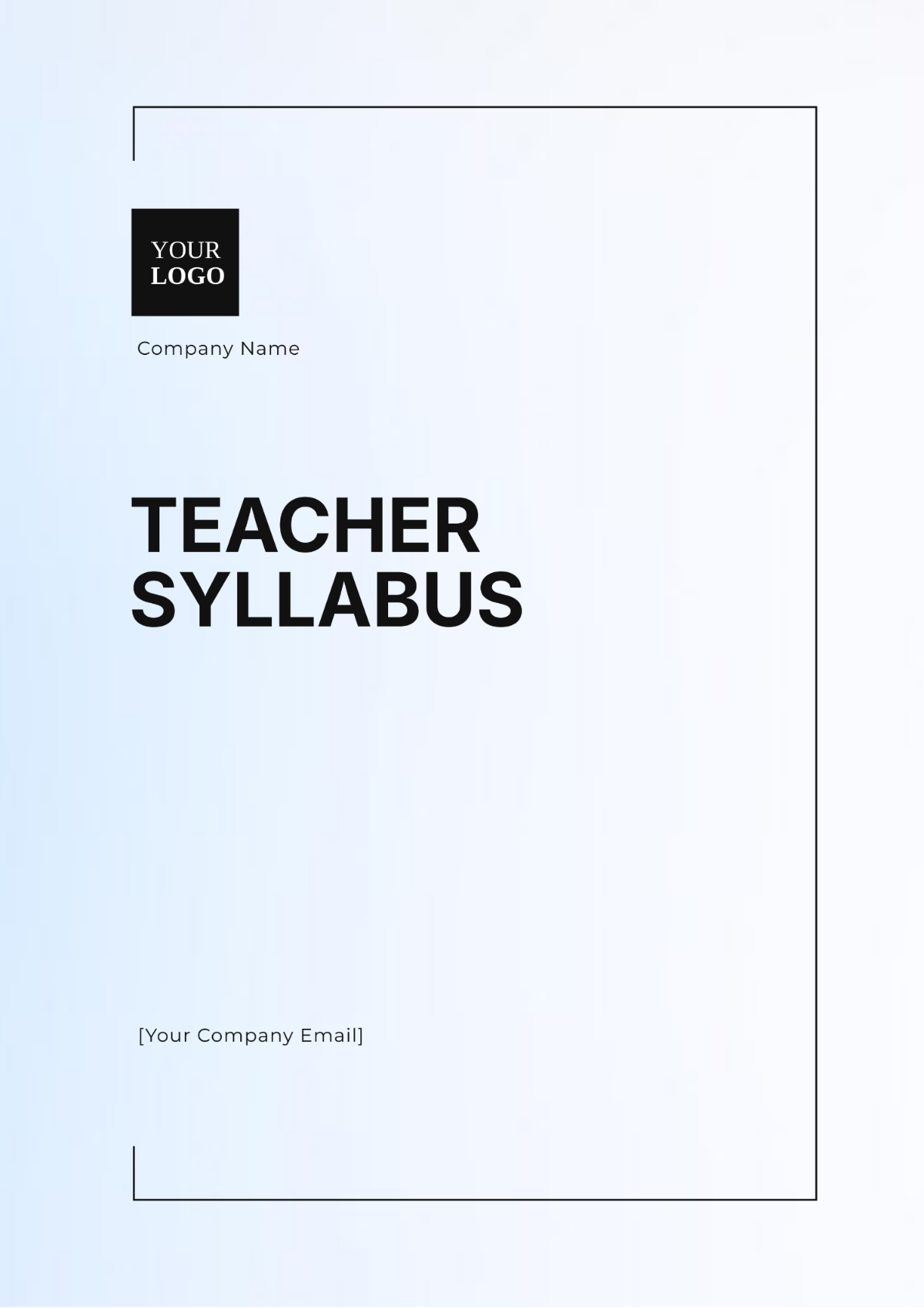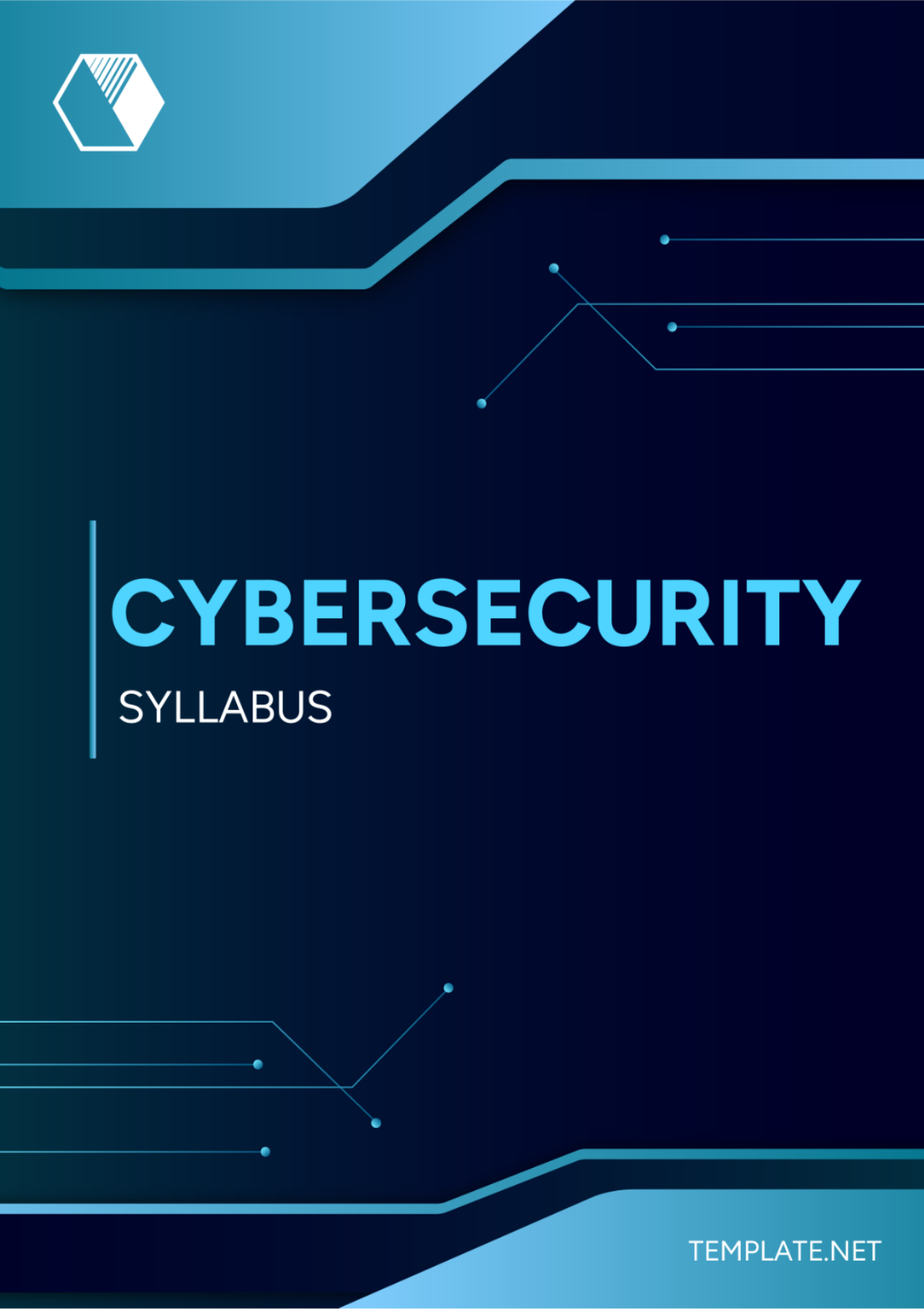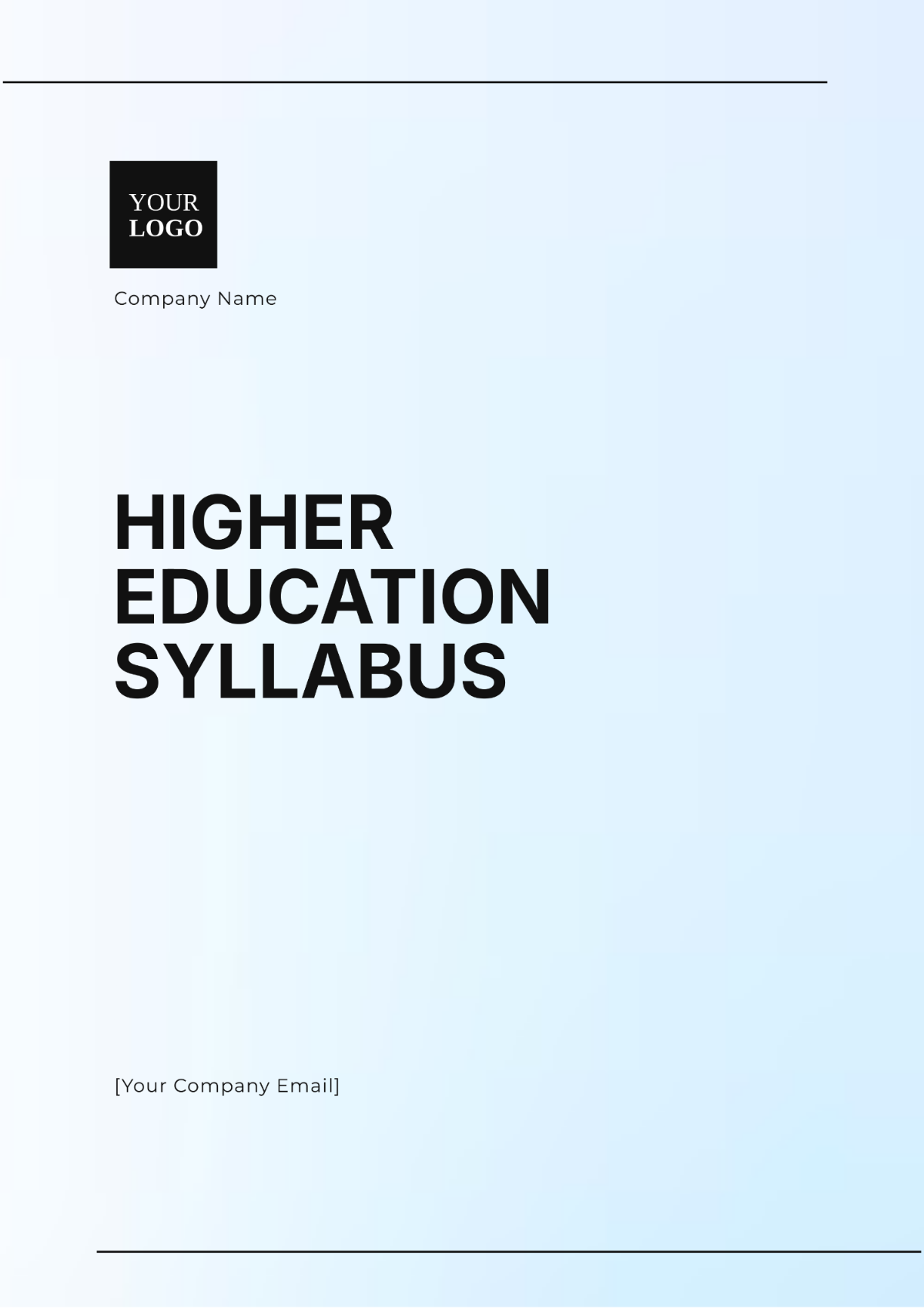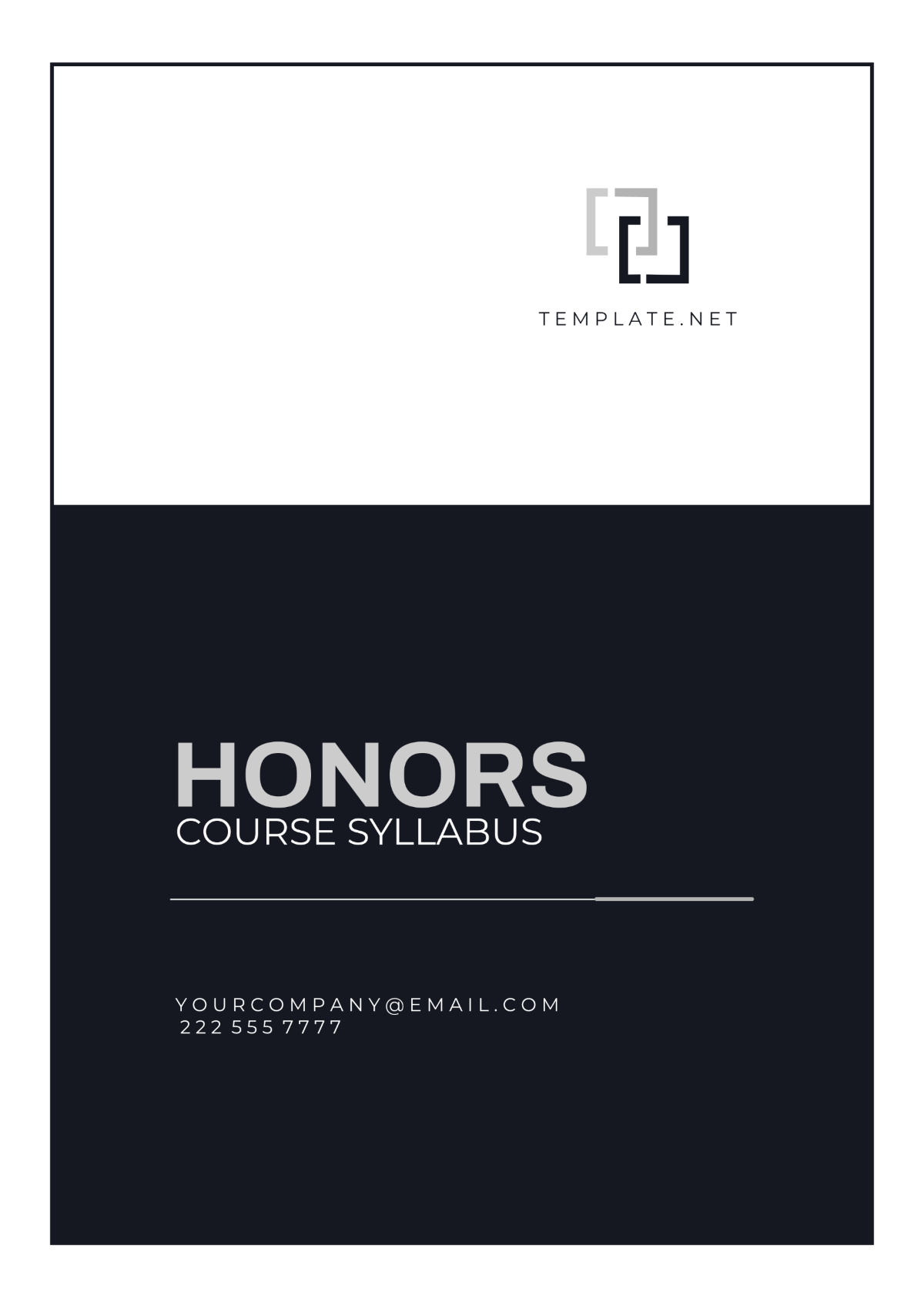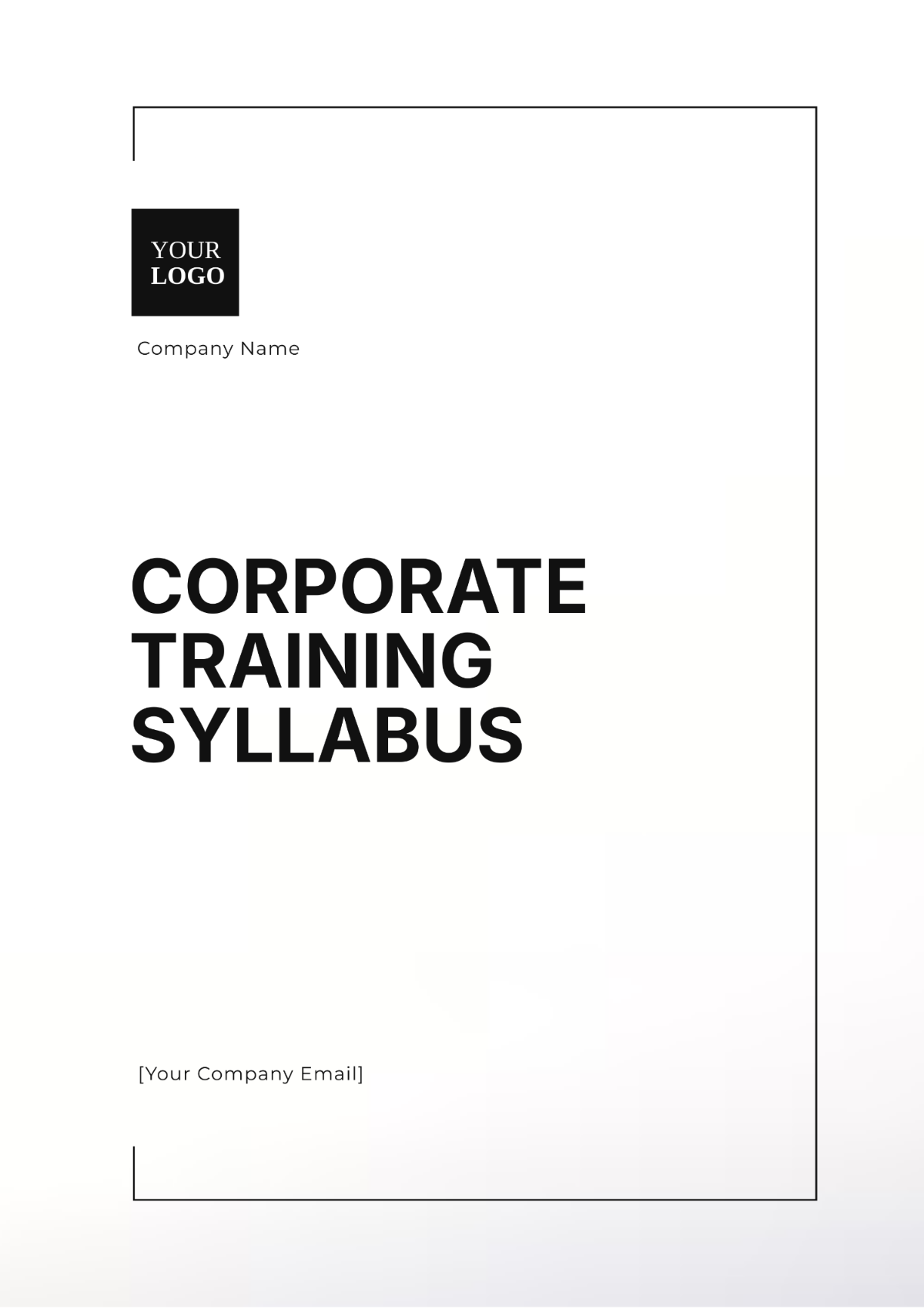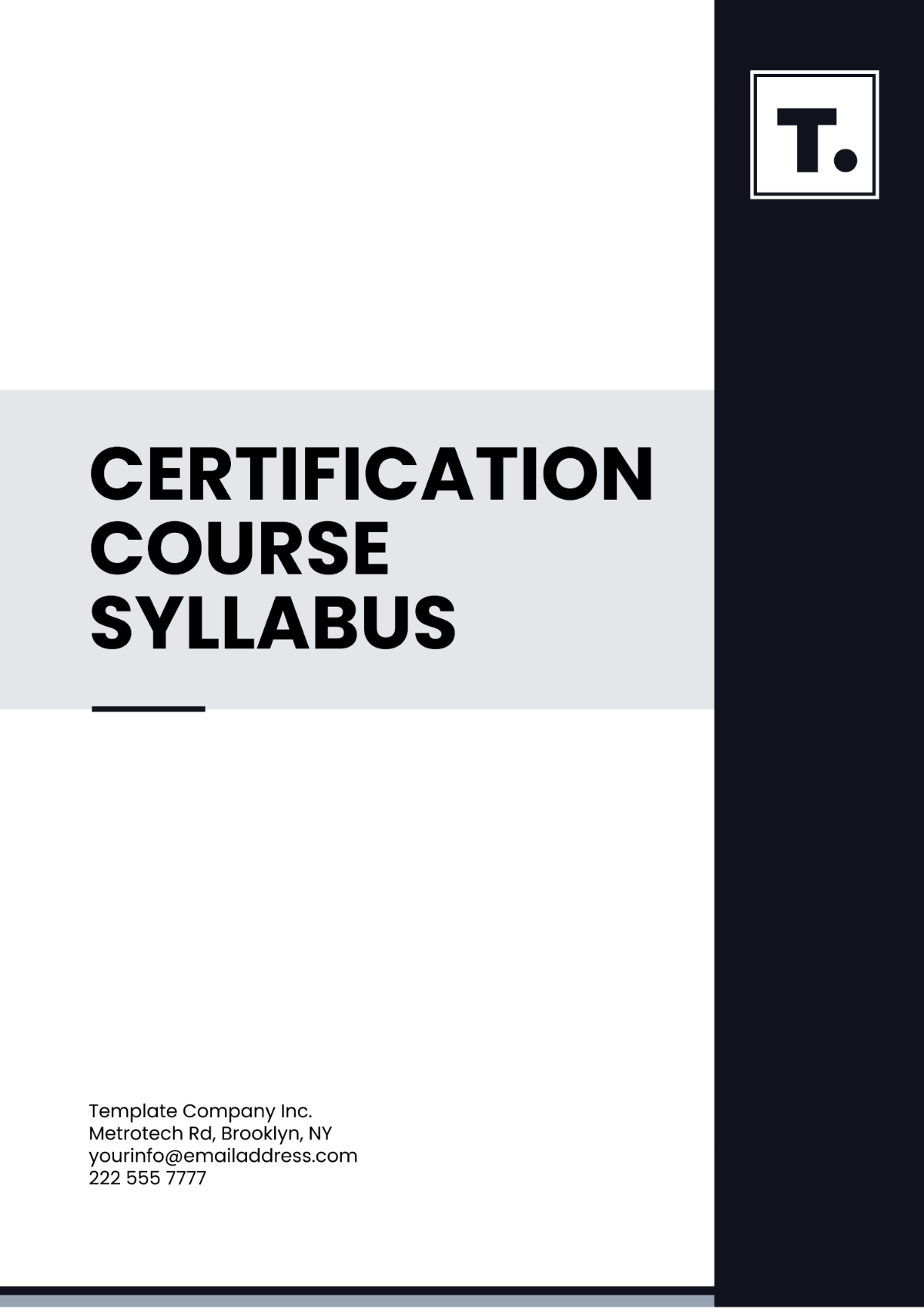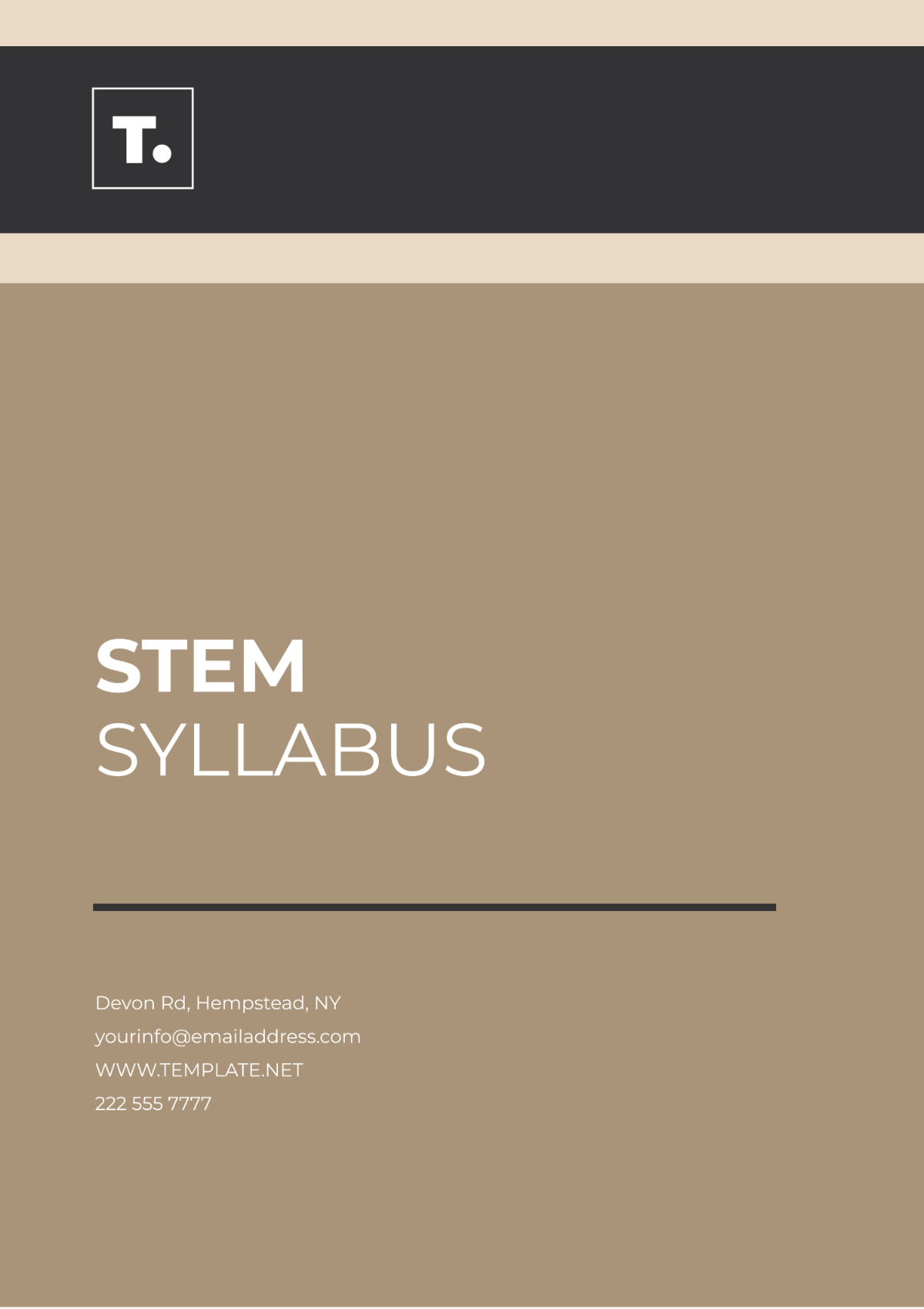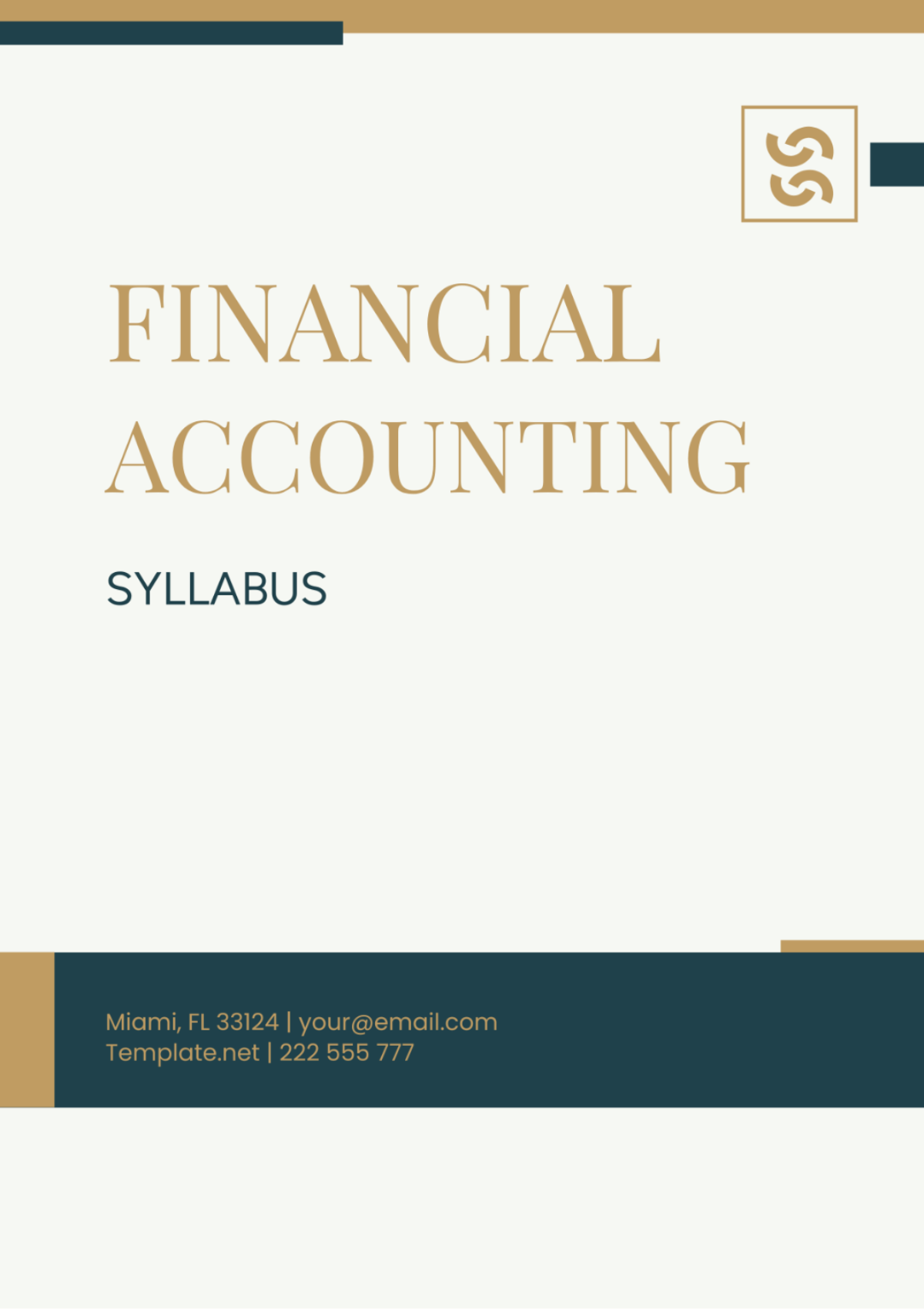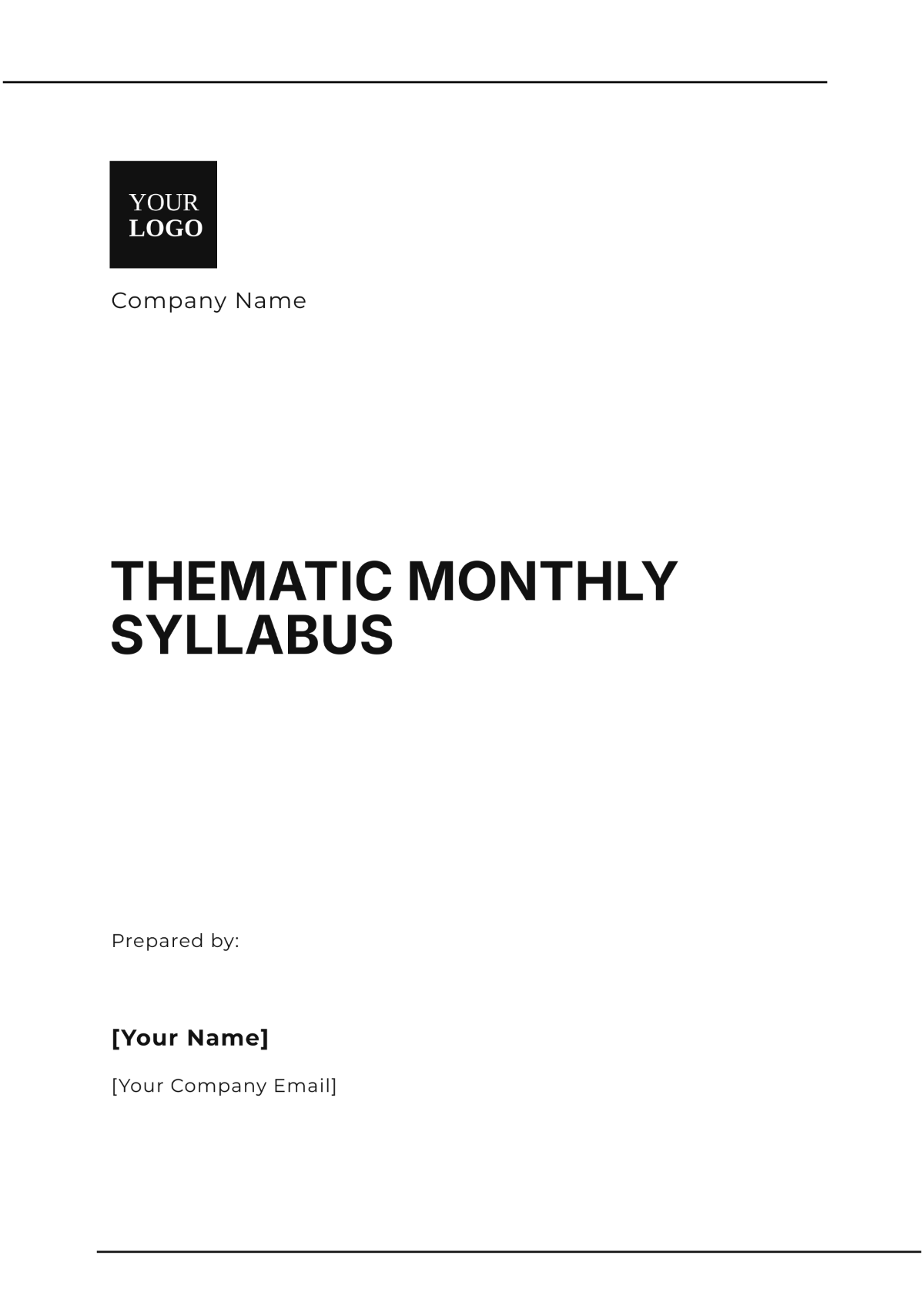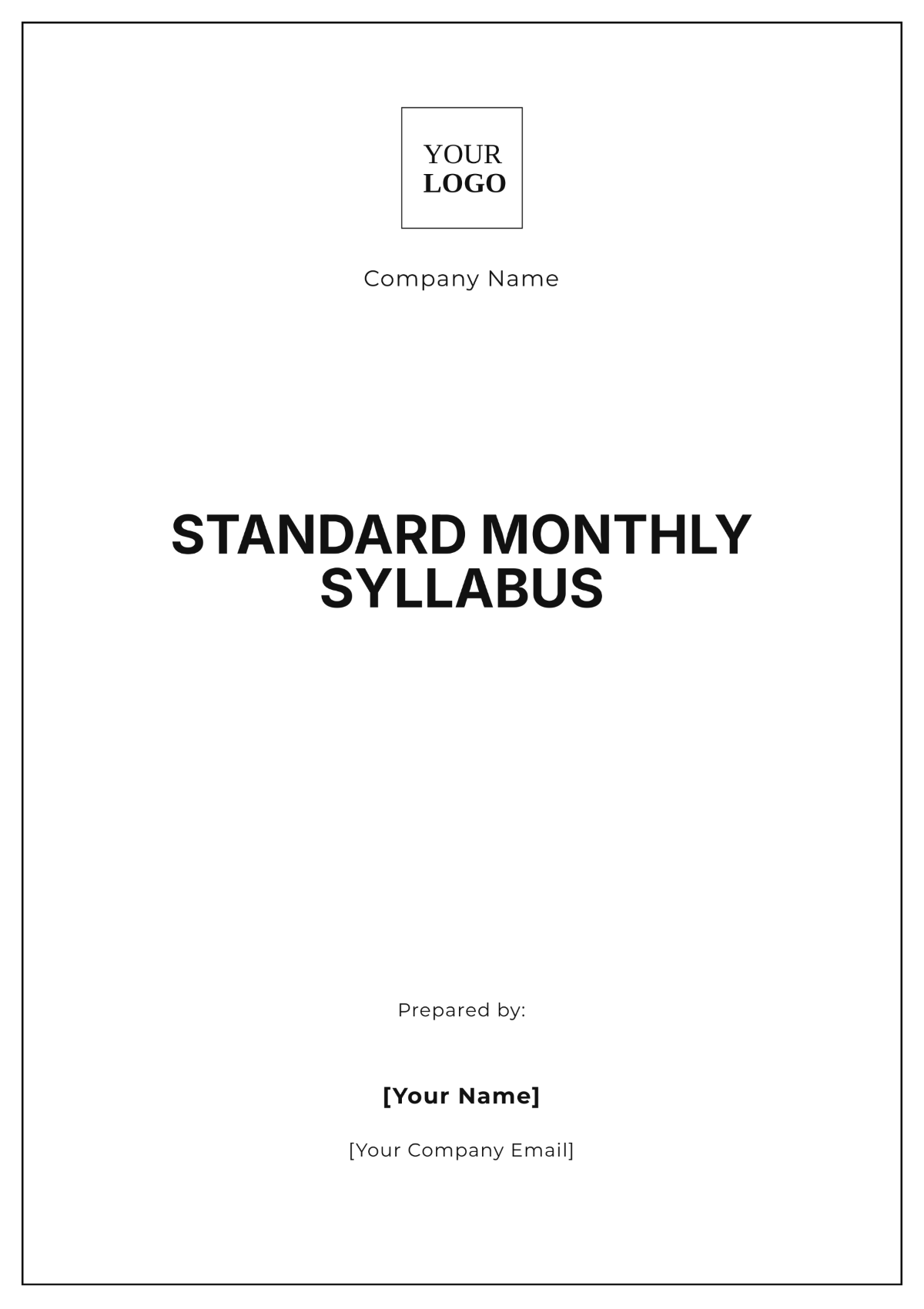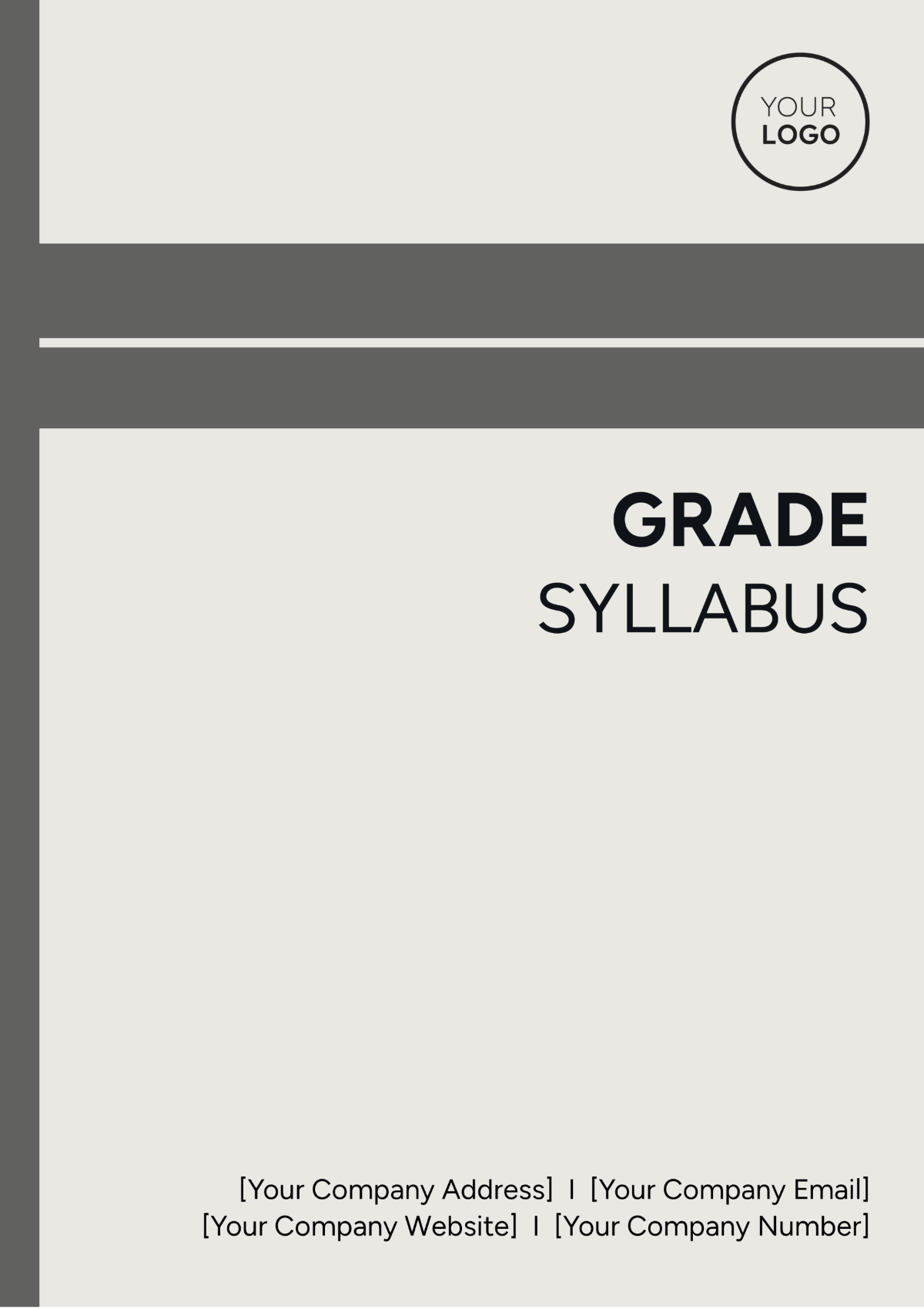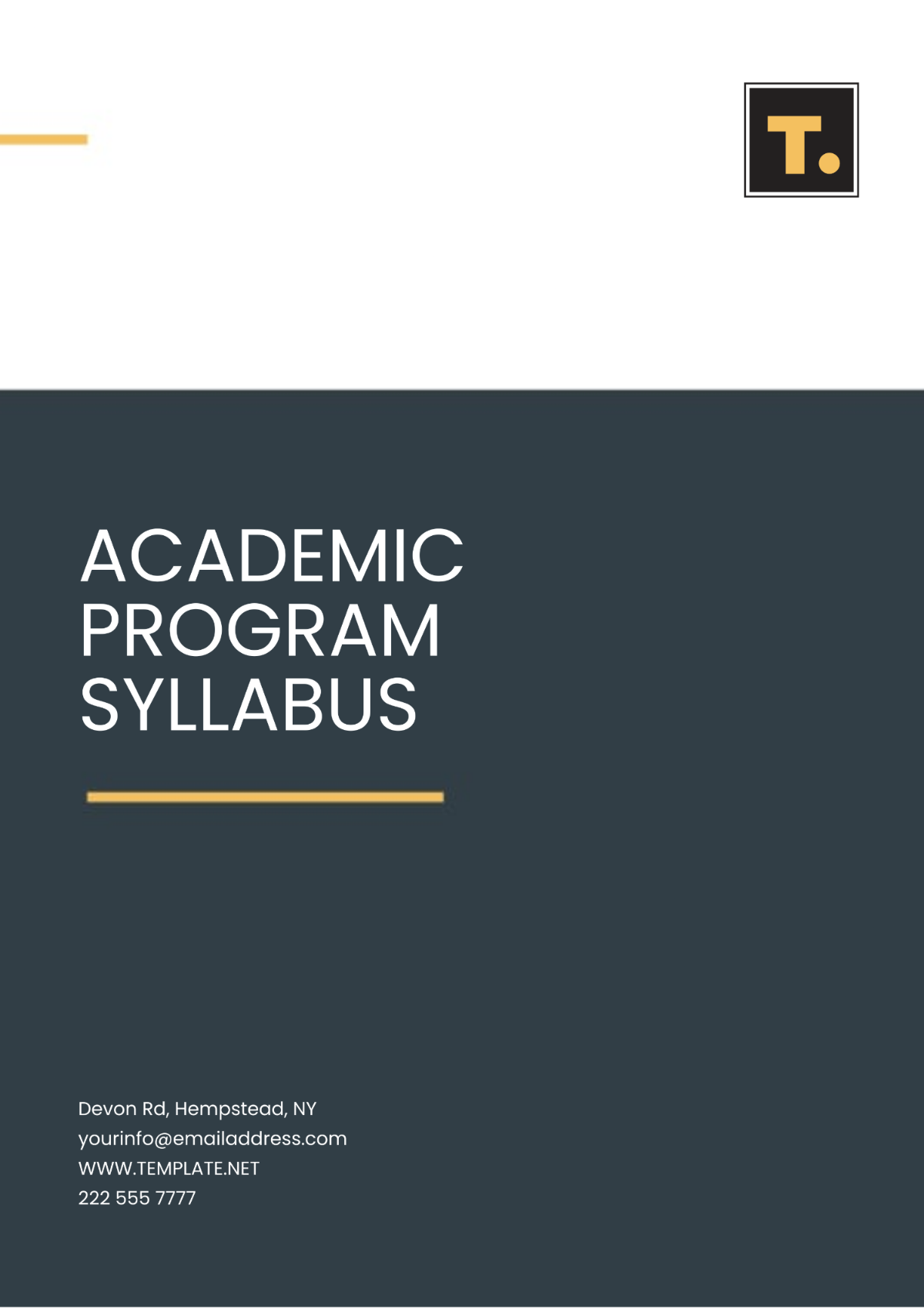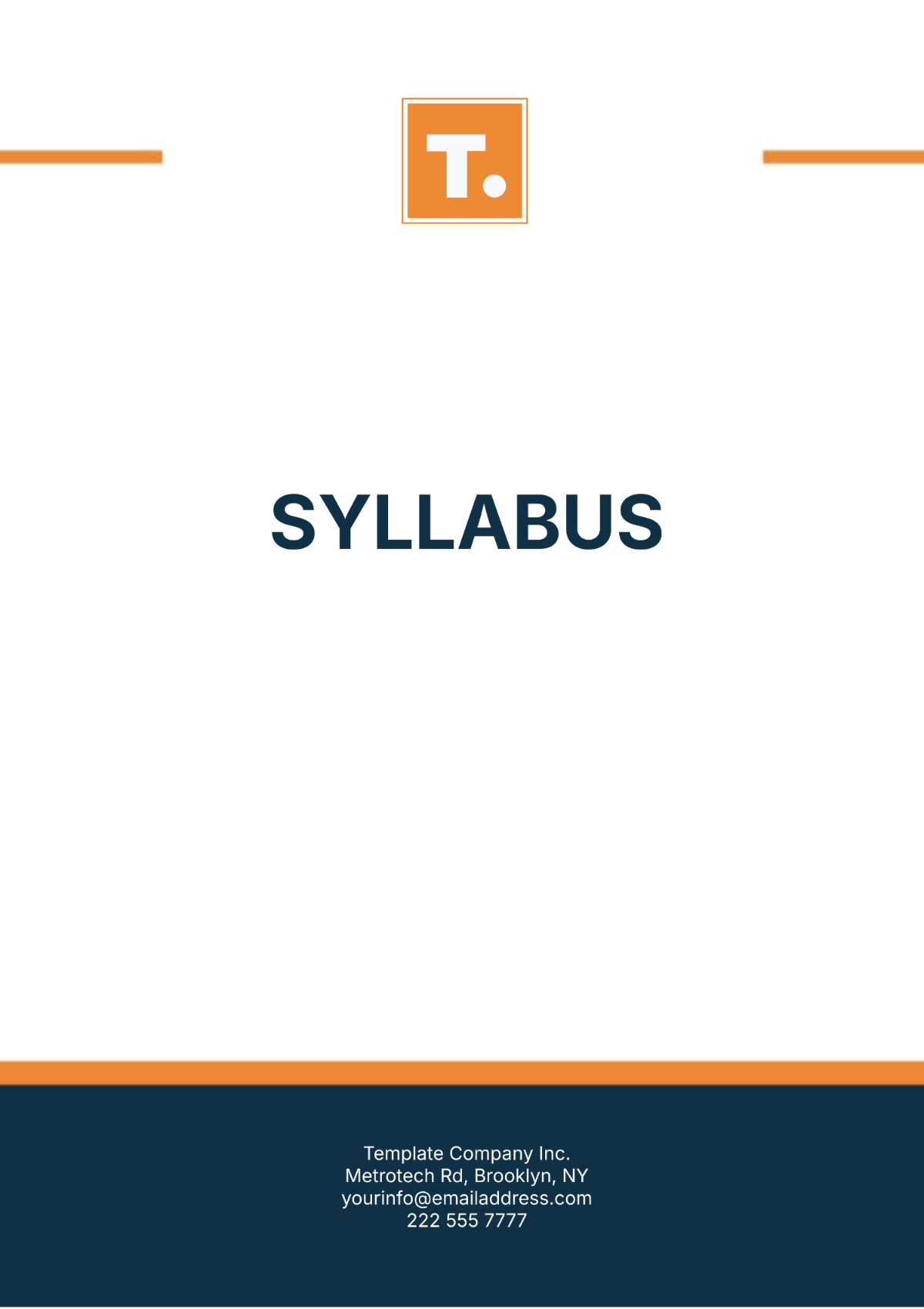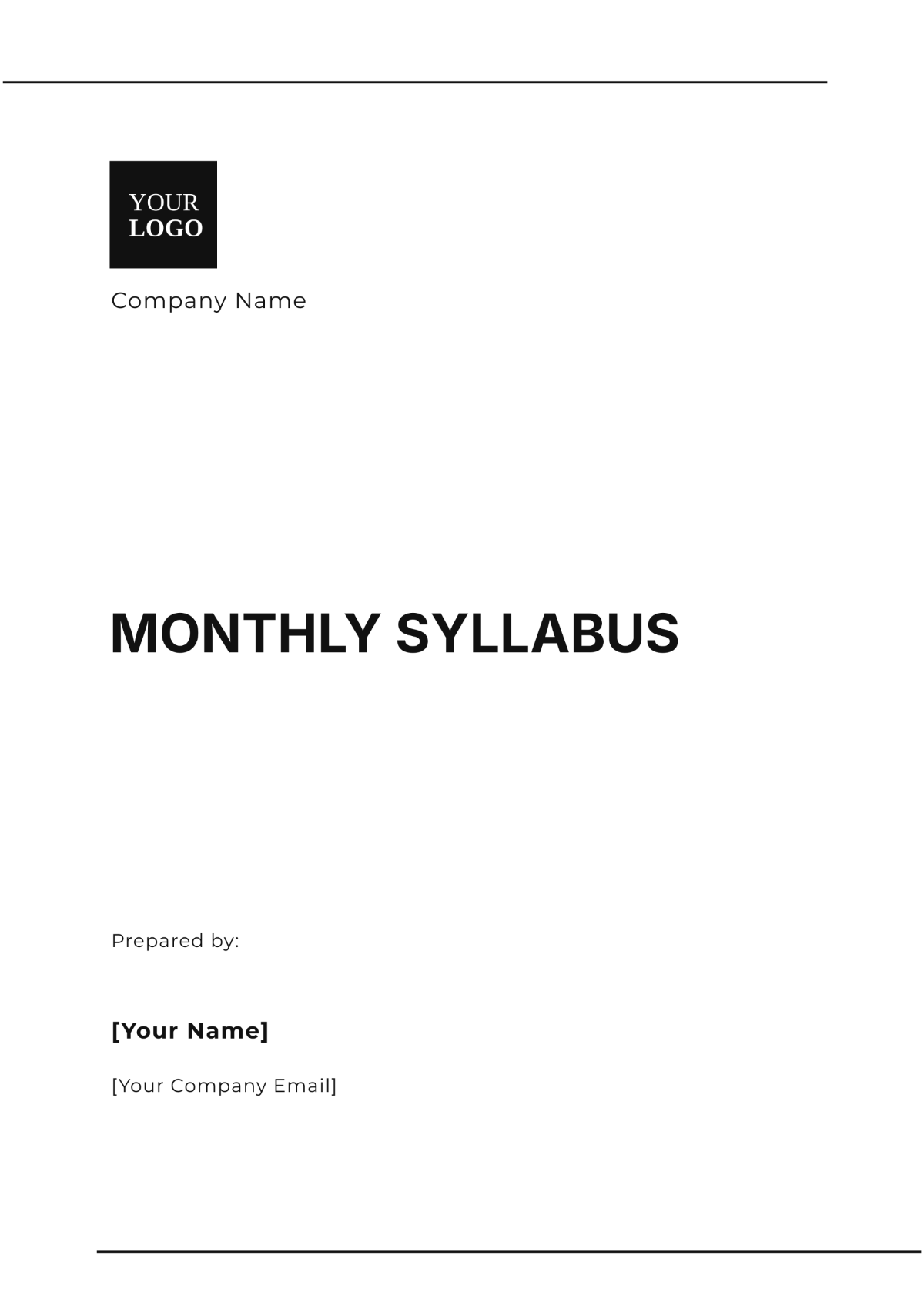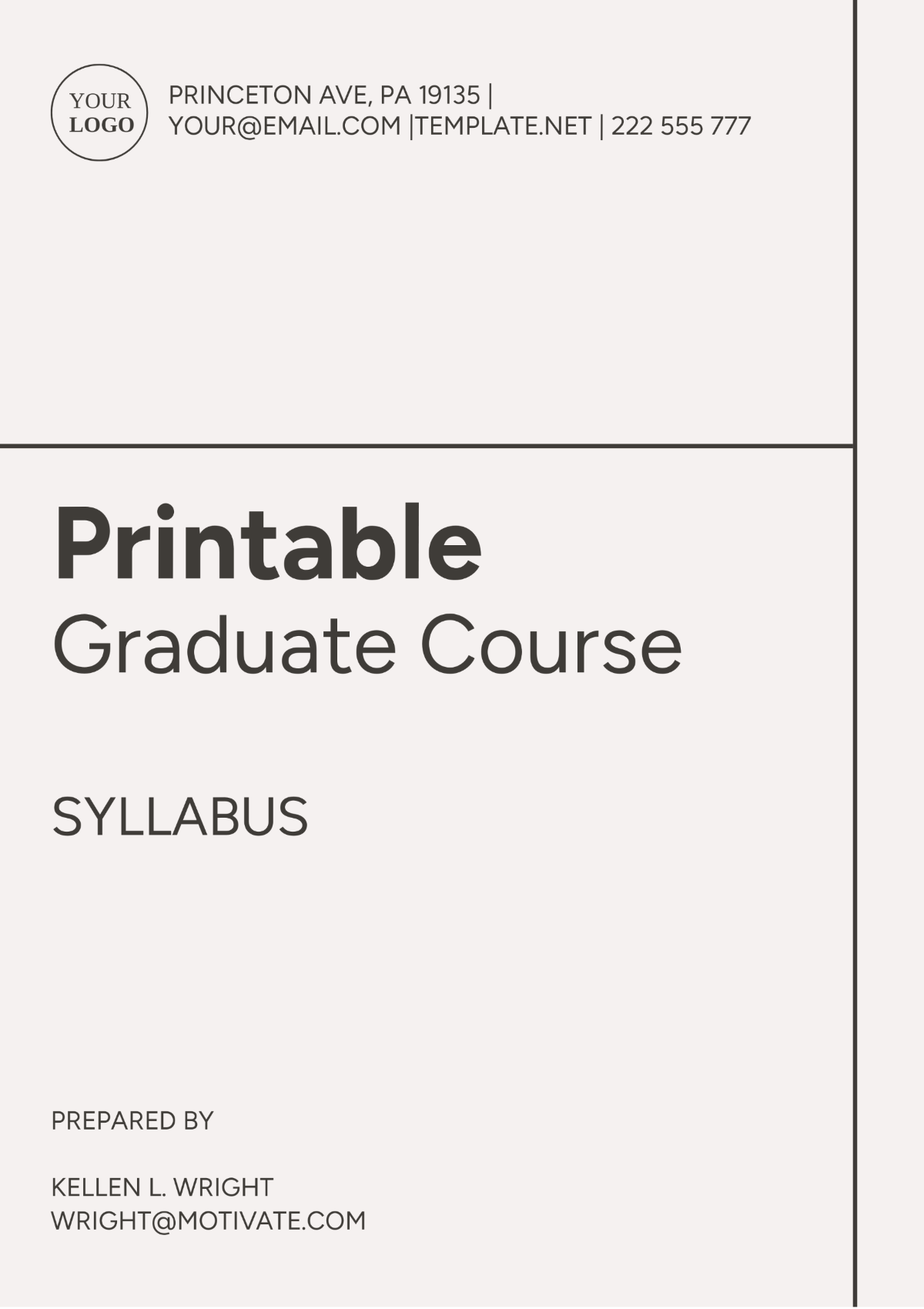International Relations Syllabus
International Relations Course
Course Title | [COURSE TITLE] |
Course Code | [COURSE CODE] |
Office Hours | [OFFICE HOURS] |
office Location | [CLASS LOCATION] |
office Time | [CLASS TIME] |
office Duration | [DATE] - [DATE] |
1. Course Description
This course explores the fundamental principles and salient topics in the field of International Relations through a comprehensive exploration of theories, practices, and policies. Participants will engage with diverse perspectives, challenge established paradigms, and develop a nuanced understanding of international phenomena.
2. Instructor Information
Instructor: [YOUR NAME]
Contact: [YOUR EMAIL]
Office Hours: [OFFICE HOURS]
Organization: [YOUR COMPANY NAME]
3. Learning Objectives
Understand the core theories and concepts in International Relations
Analyze the role and impact of state and non-state actors in international politics
Evaluate contemporary international issues using different theoretical lenses
Understand the relationships between politics, economics, and society at the international level
Develop critical thinking and communication skills through discussions and presentations
4. Course Schedule
Week | Topic | Reading |
|---|---|---|
1 | Introduction to International Relations | Chapter 1 of Textbook |
2 | Theories of International Relations | Chapter 2-3 of Textbook |
3 | State and Non-state Actors in IR | Chapter 4-5 of Textbook |
4 | International Conflict and Security | Chapter 6-7 of Textbook |
5 | International Organizations | Chapter 8-9 of Textbook |
6 | International Political Economy | Chapter 10-11 of Textbook |
7 | Globalization and Its Impacts | Chapter 12-13 of Textbook |
8 | Human Rights and International Law | Chapter 14-15 of Textbook |
9 | Environmental Issues in IR | Chapter 16-17 of Textbook |
10 | Development and Aid | Chapter 18-19 of Textbook |
5. Course Structure
The course will consist of weekly lectures, discussions, and interactive activities to facilitate learning and engagement.
Guest speakers may be invited to provide insights into specific topics or current events in international relations.
Group projects or presentations may be assigned to promote collaboration and critical thinking skills.
6. Required Reading and Materials
Textbook: "The Globalization of World Politics" by Baylis, Smith, and Owens
Journal Articles (will be provided)
Various news sources for current events analysis
International Relations Theory: A Critical Introduction by Cynthia Weber
Additional readings to be decided based on emerging international issues
7. Assignments and Assessments
Weekly response papers to assigned readings
Midterm exam covering core International Relations theories and concepts
Group project examining a contemporary international issue
Participation in class discussions
Final exam covering the entire course content
8. Course Policies
Assignments must be submitted on time. Late submission may result in a grade penalty unless there is a legitimate reason.
Students are expected to participate actively in class discussions and respect diverse opinions.
Academic dishonesty, including plagiarism, will not be tolerated and may result in course failure.
Students are responsible for all material covered in class, including announcements about changes to the syllabus.
Students should contact the instructor about any immediate concerns or questions regarding the course content or requirements.
9. Feedback and Evaluation
Midterm feedback surveys will be conducted to assess the effectiveness of course content, teaching methods, and student engagement.
Constructive feedback on assignments and assessments will be provided to support students' academic growth and development.
10. Grading Policy
Criteria | Percentage |
|---|---|
Weekly response papers | 20% |
Midterm exam | 20% |
Group Projects | 20% |
Class participation | 10% |
Final Exam | 30% |
Total | 100% |
Disclaimer
The current syllabus that is being implemented for this course is not set in stone and may be subjected to future modifications. These modifications will be directly linked with the changing needs and requirements that will arise as the course progresses. In such circumstances, when a change or amendment is made in the syllabus, students will be promptly informed about it. Additionally, it is crucial to emphasize that students hold the responsibility to stay updated with these changes and modifications that are made in the syllabus. They will have to adjust their studies and preparation accordingly to align with the updated syllabus.

